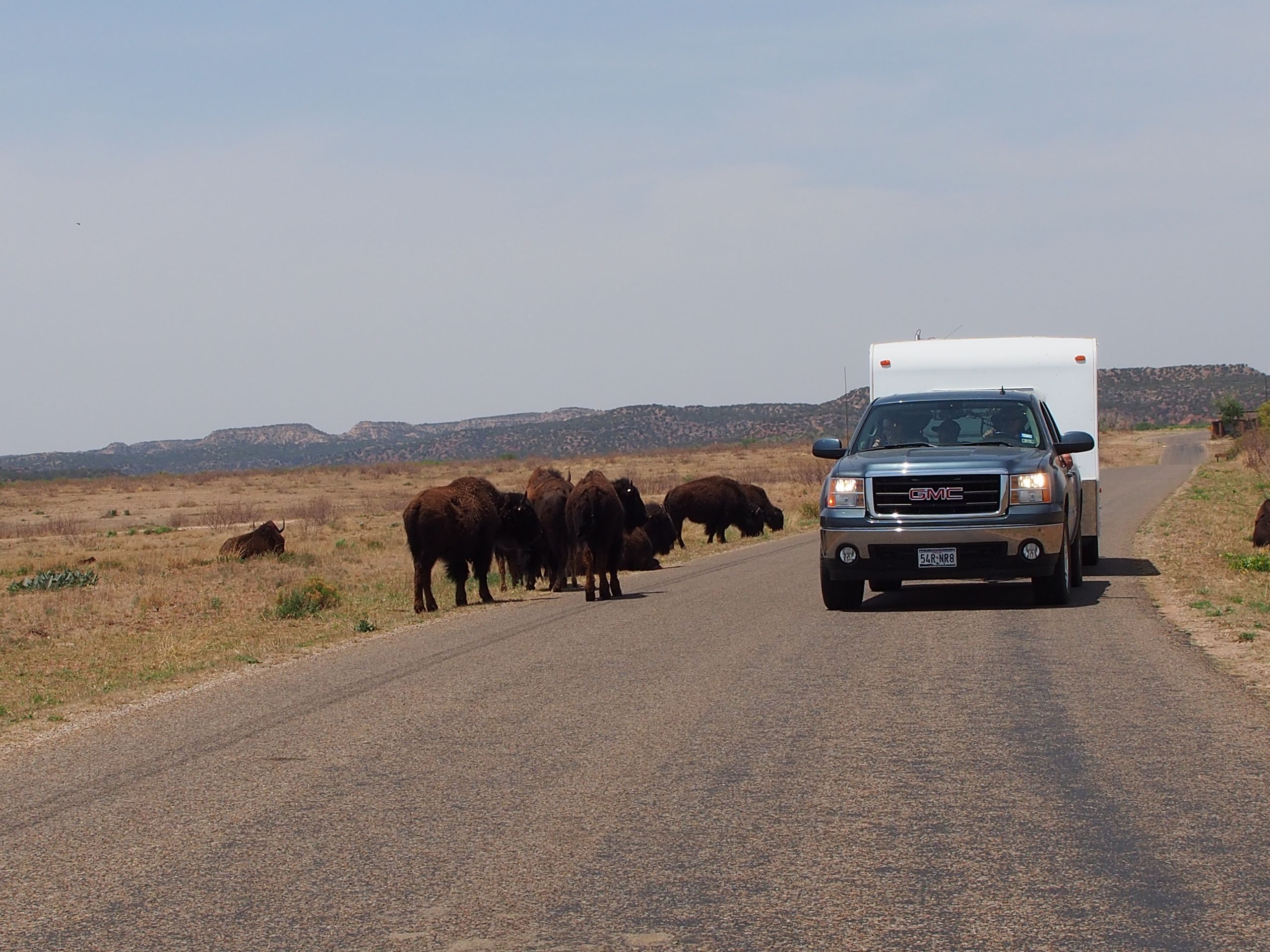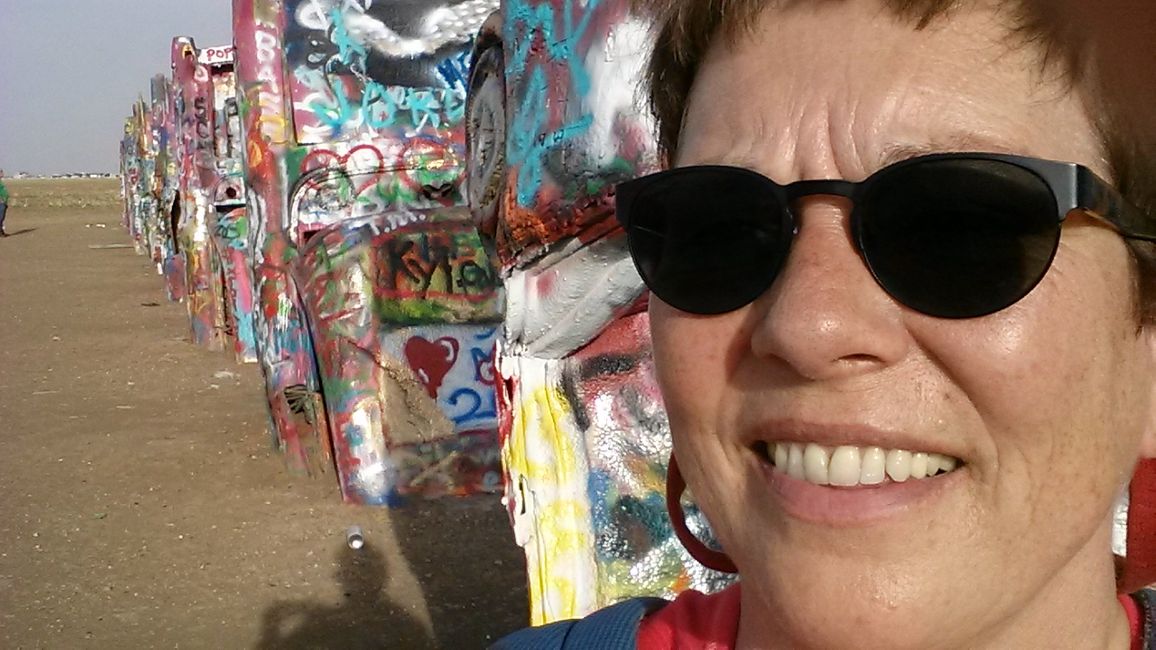
TEXAS - Ein Monat bei Cowboys, Astronauten und Ölbaronen
vakantio.de/texas-ein-monat-bei-den-cowboys
San Antonio, German villas & the Alamo
Közzétett: 10.02.2021
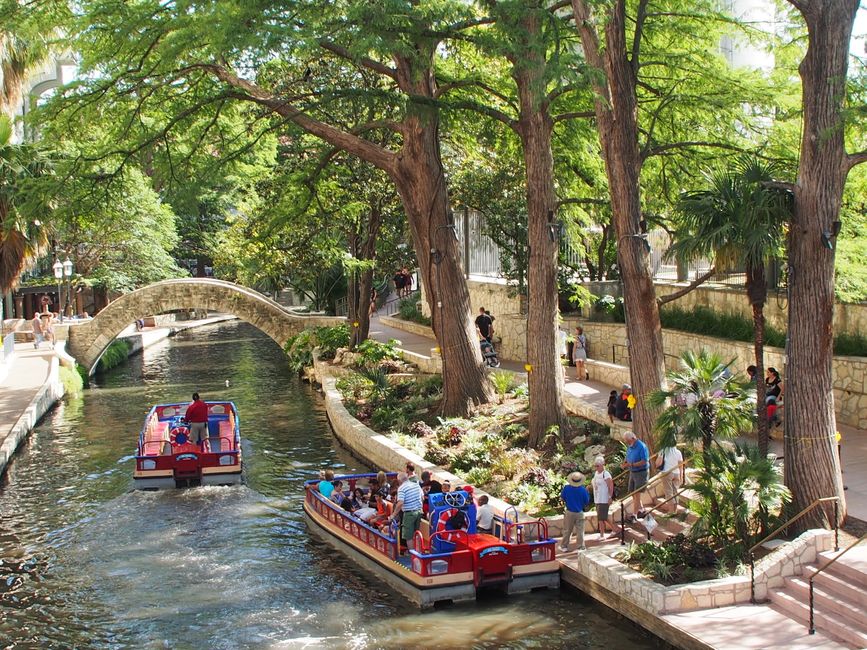
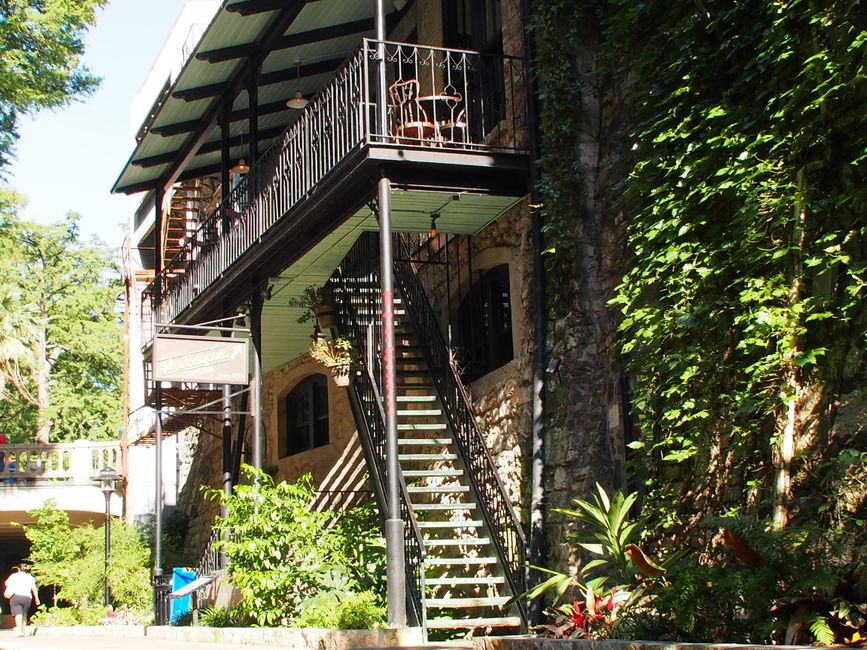
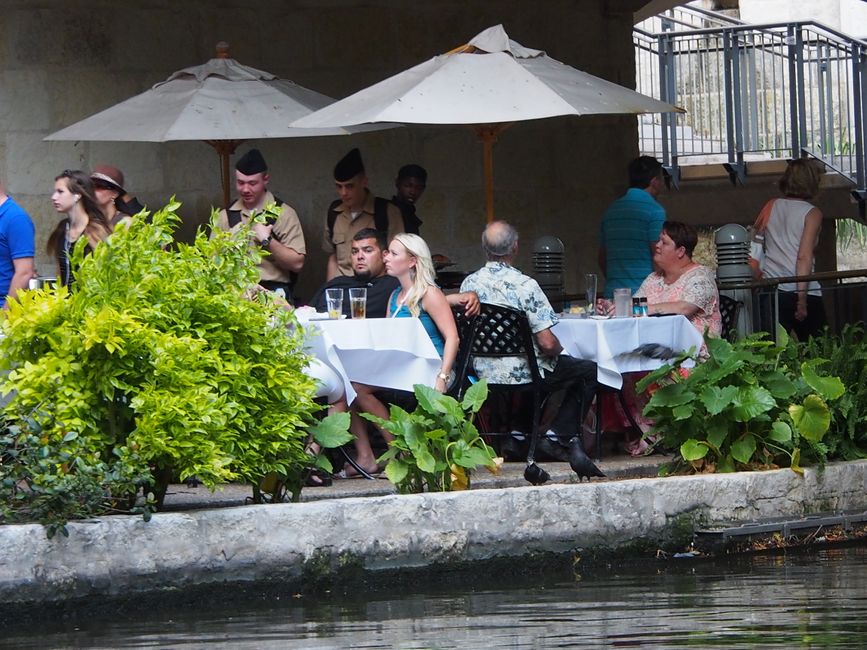
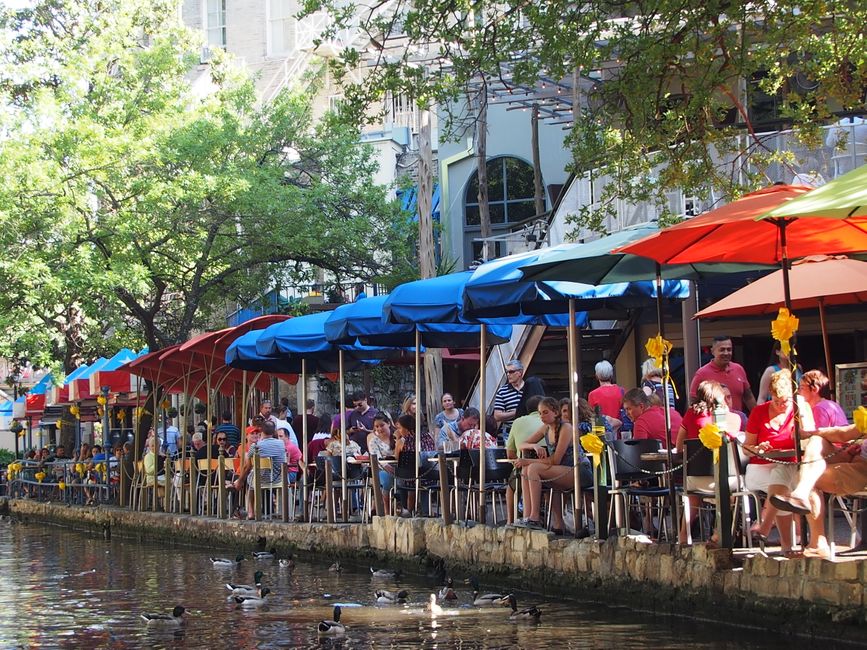
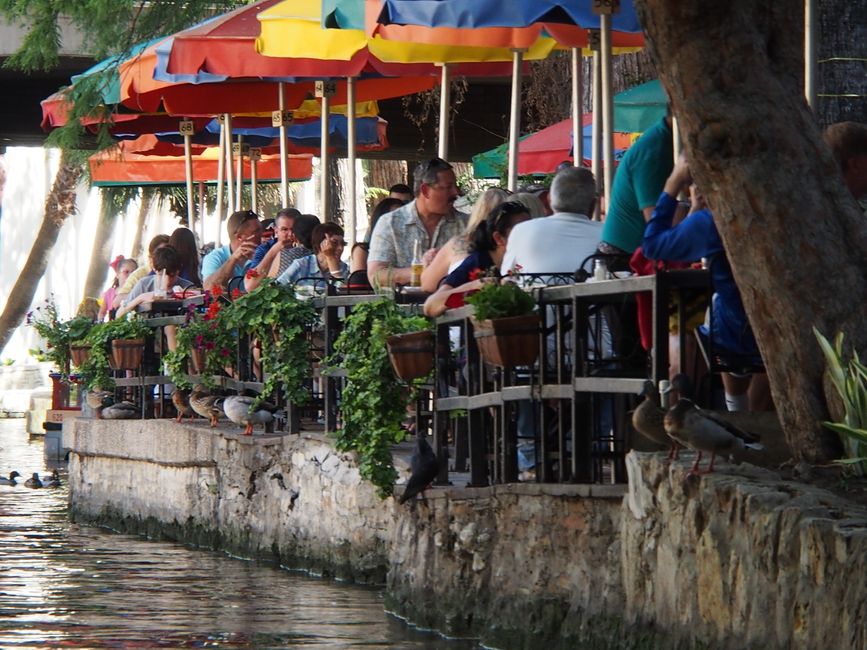
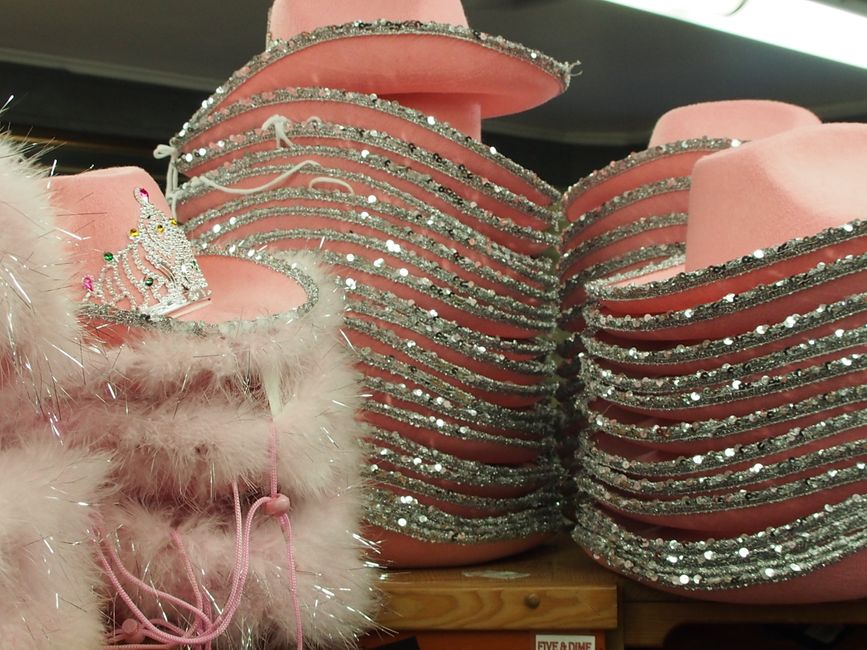
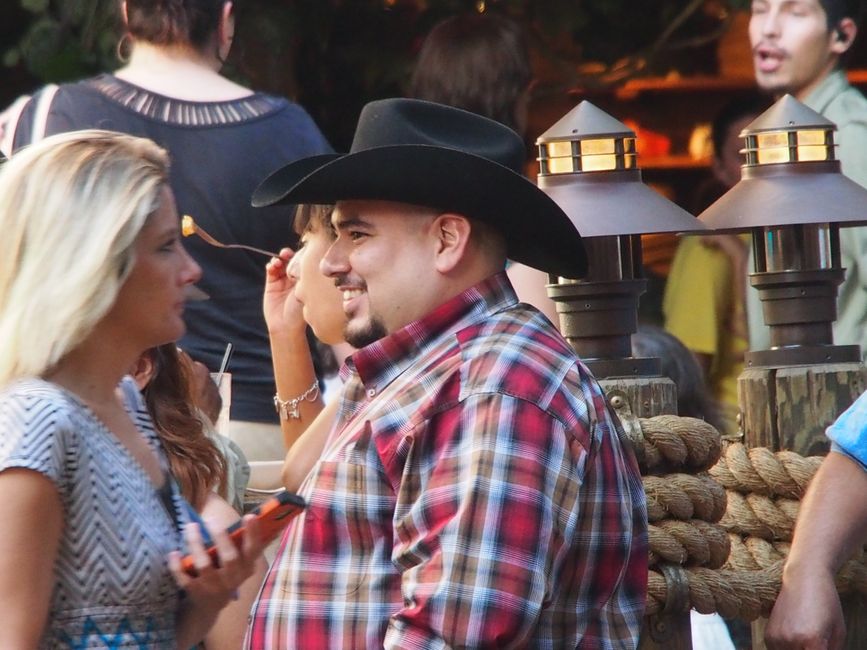


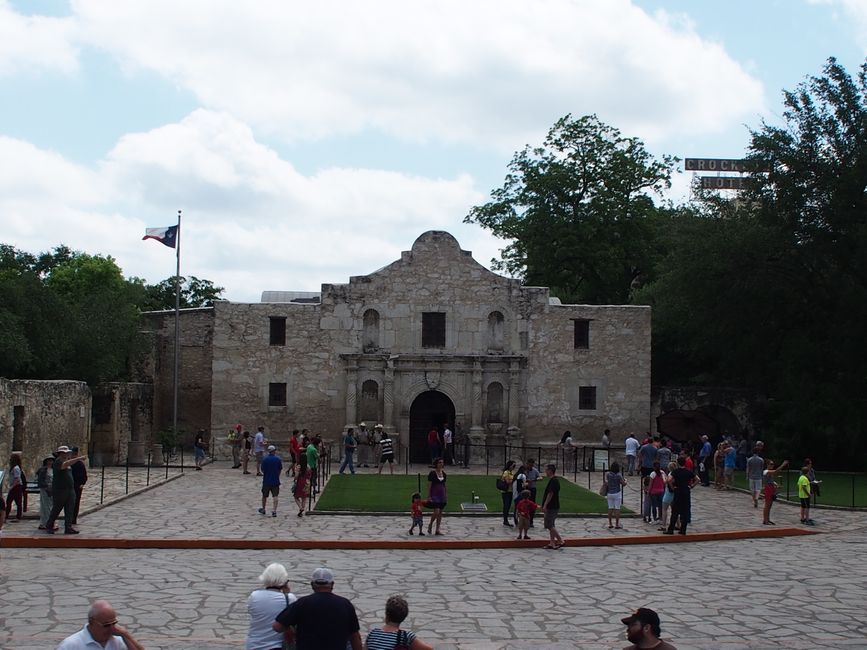
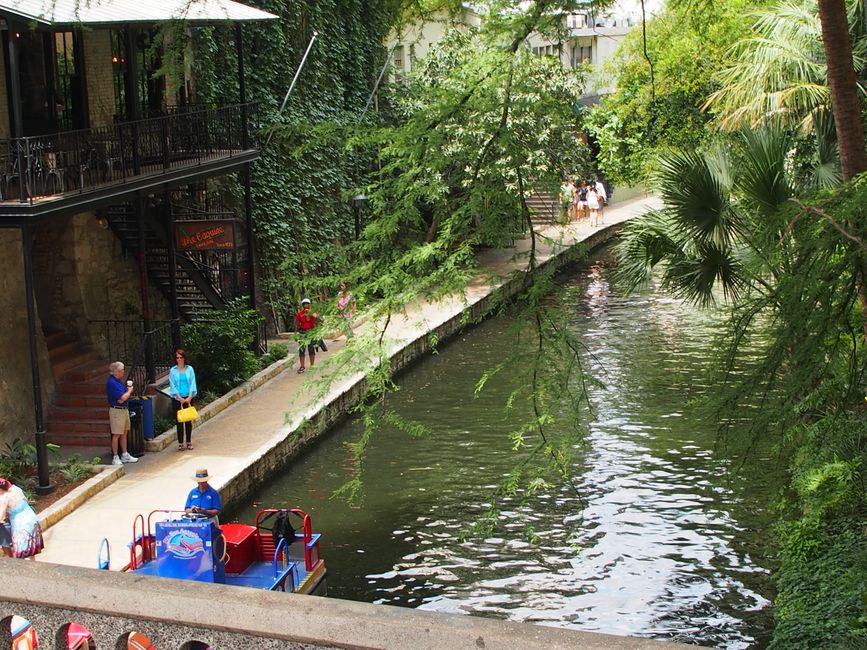
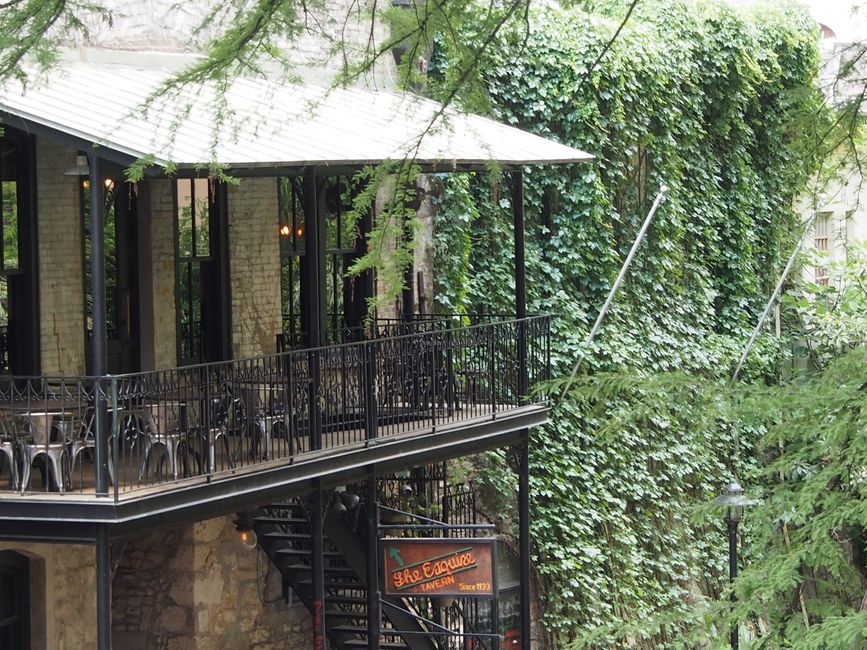
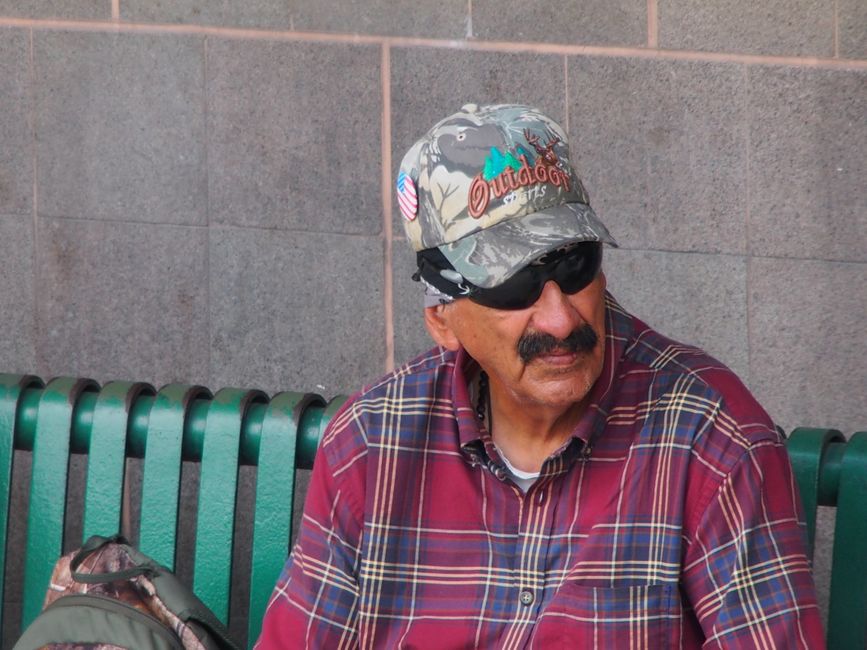
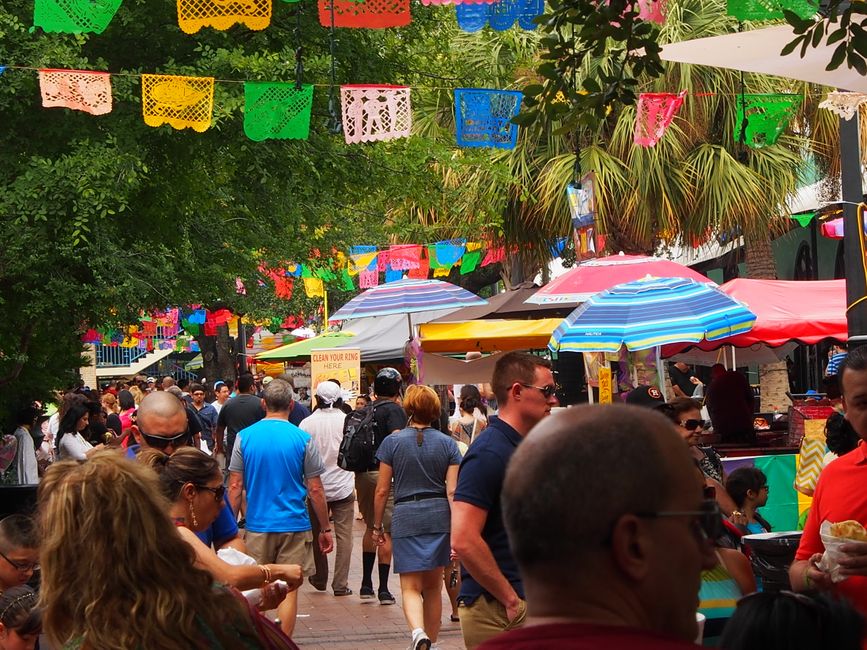
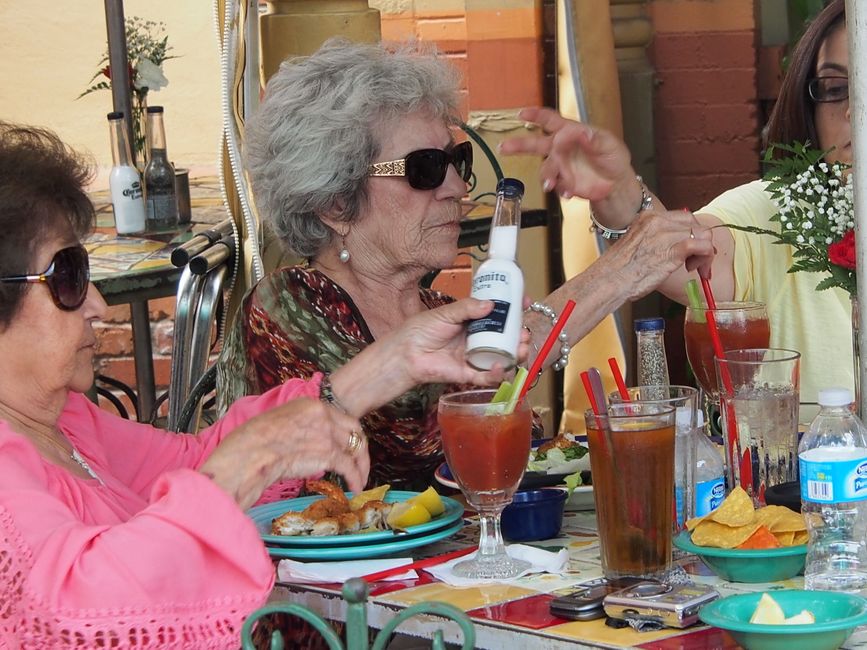
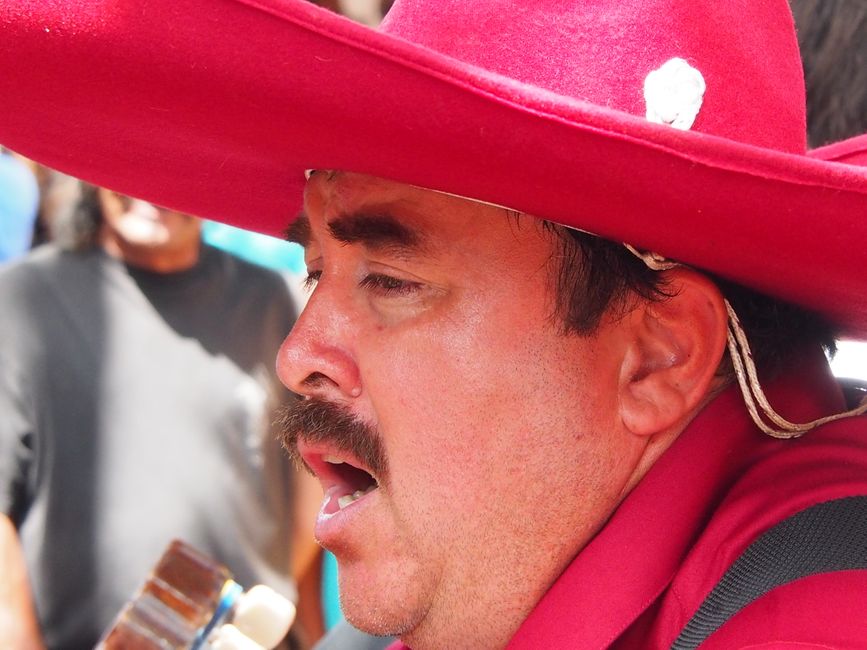
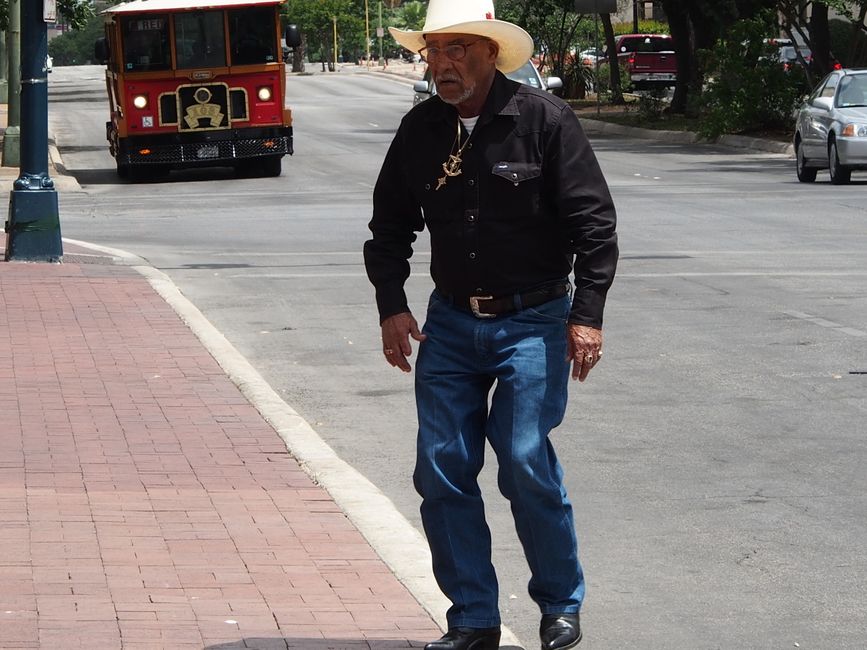
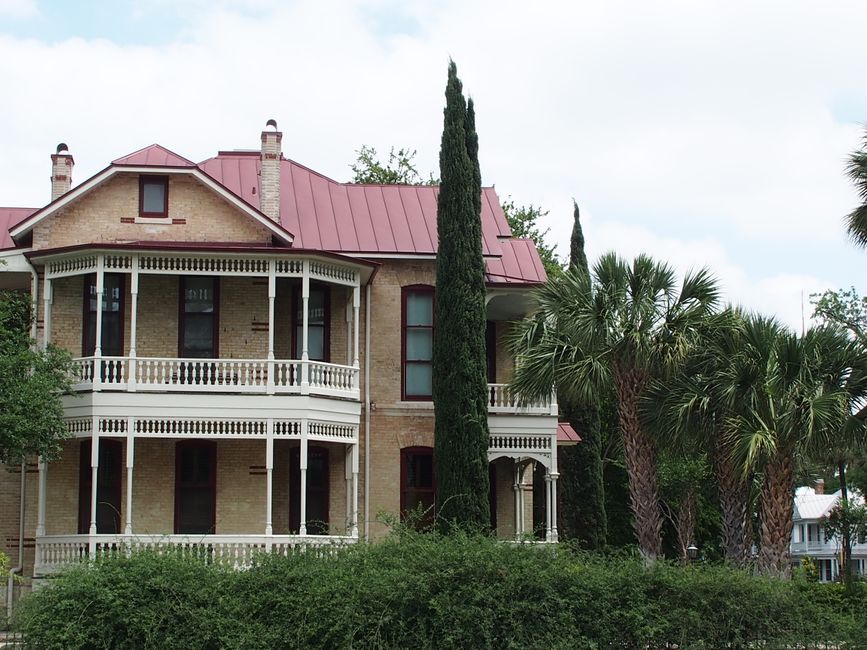
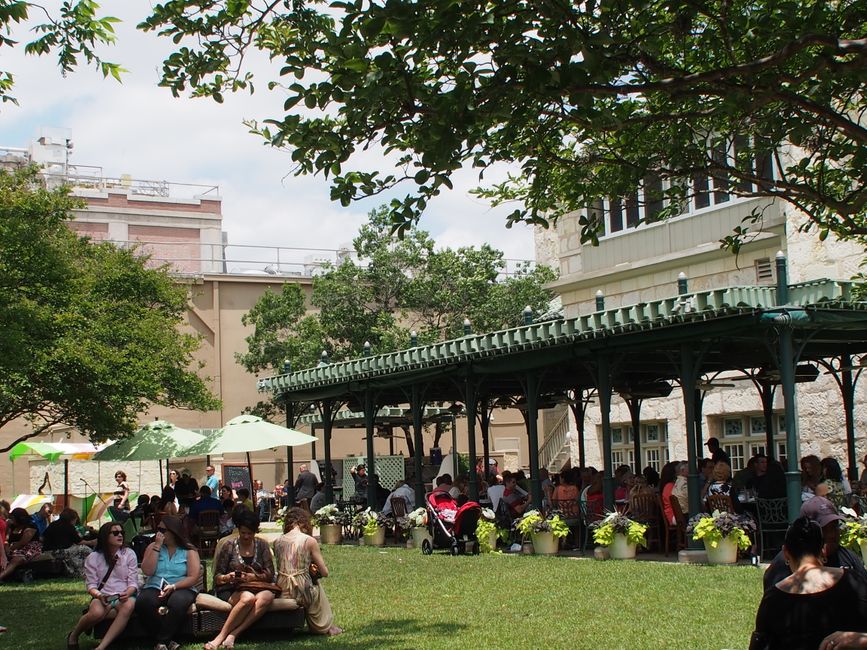
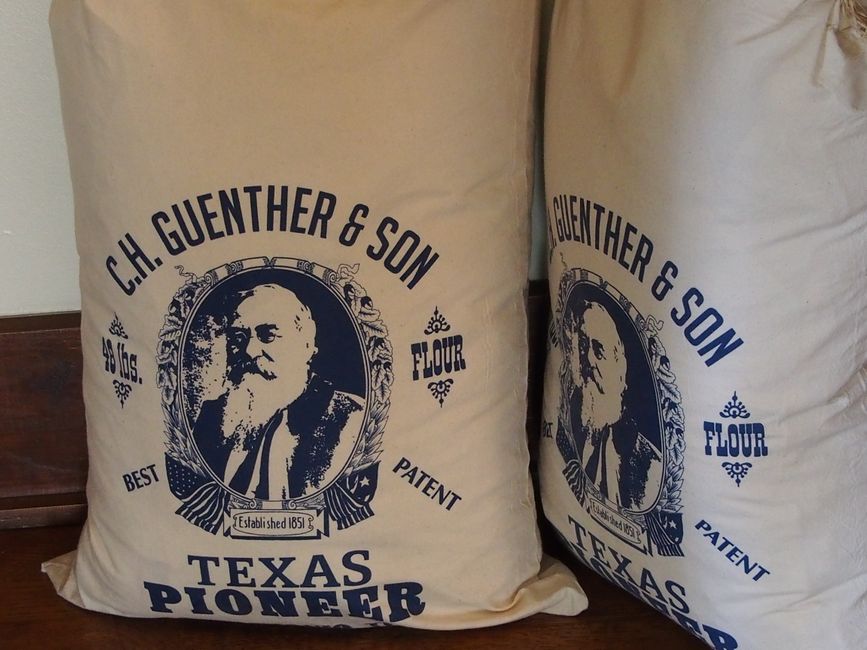
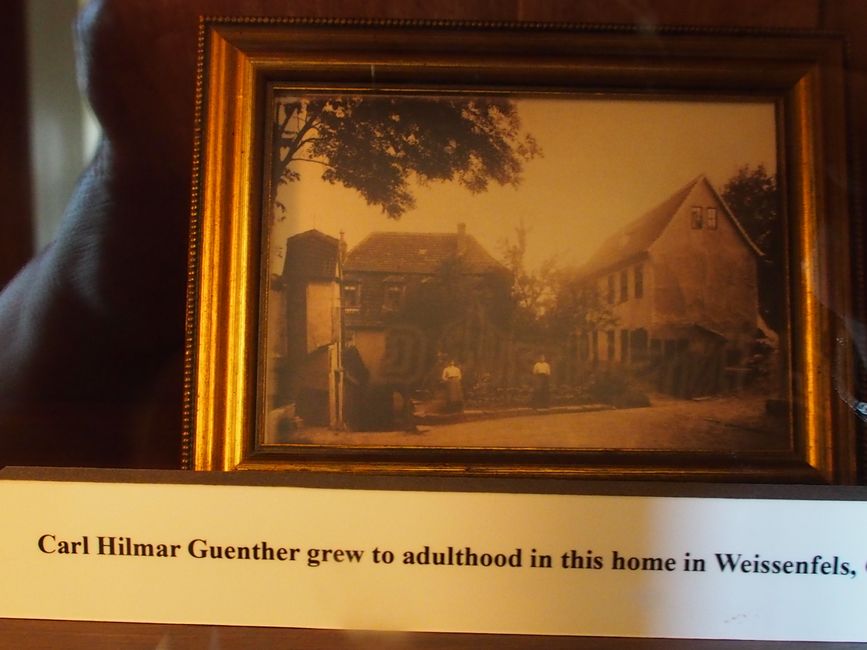
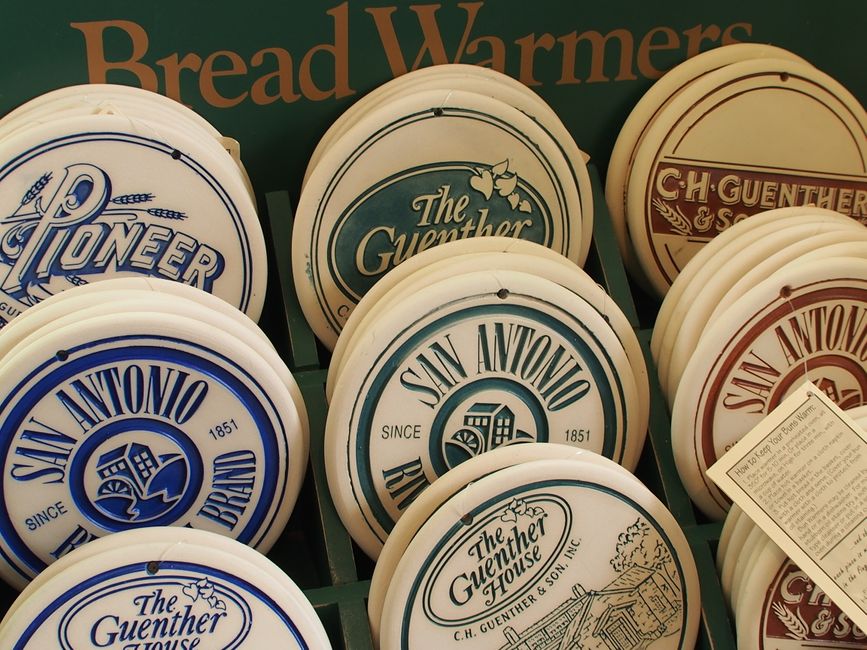
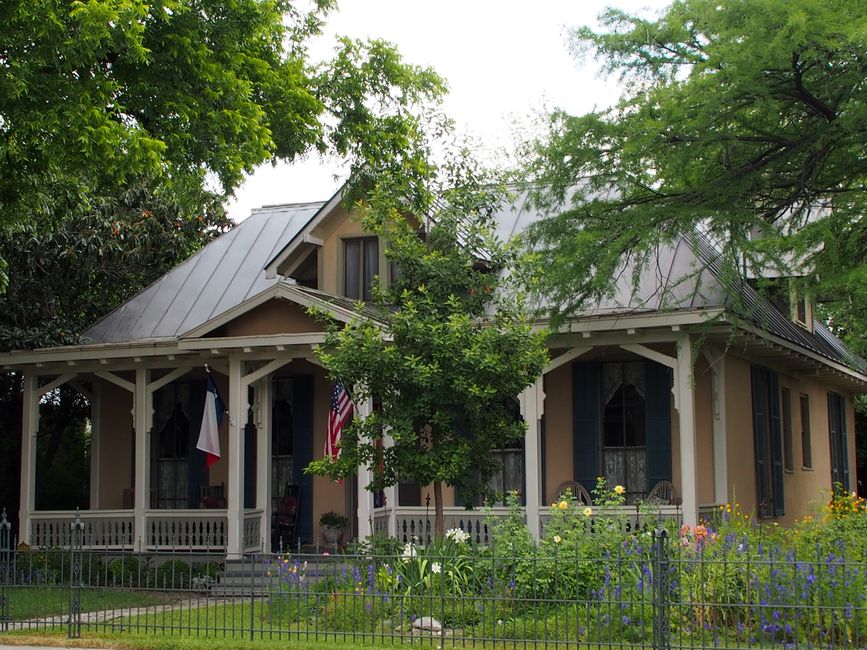
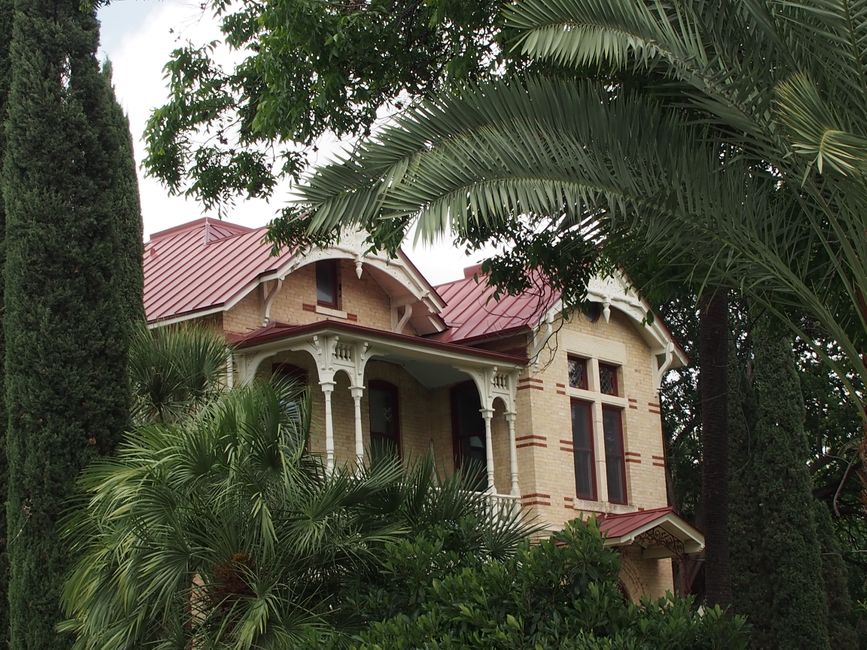
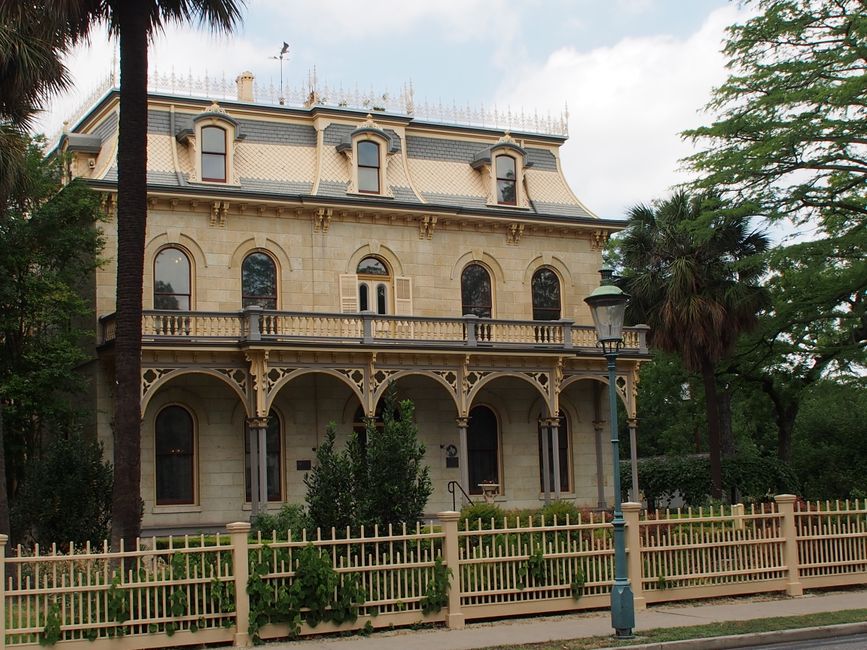
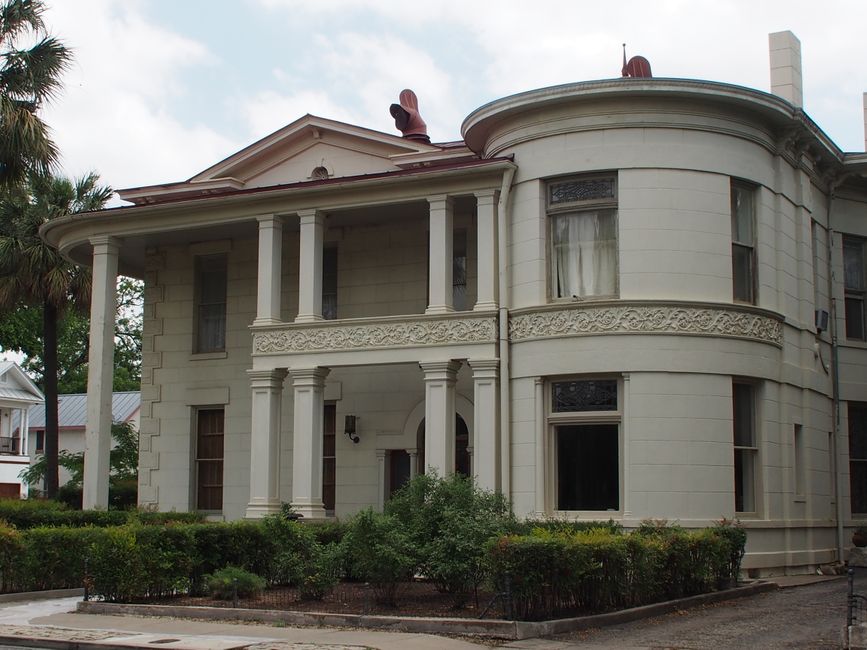
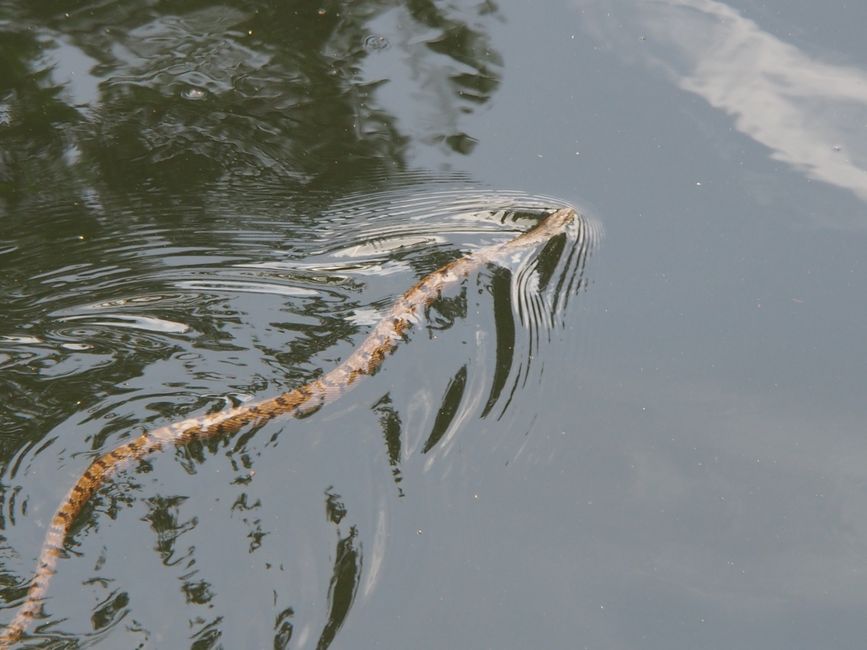
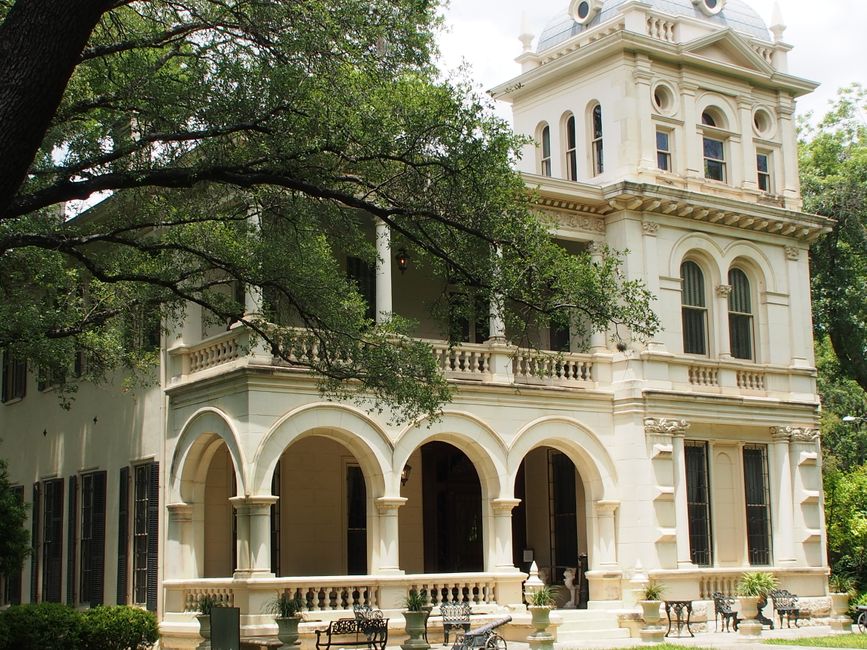
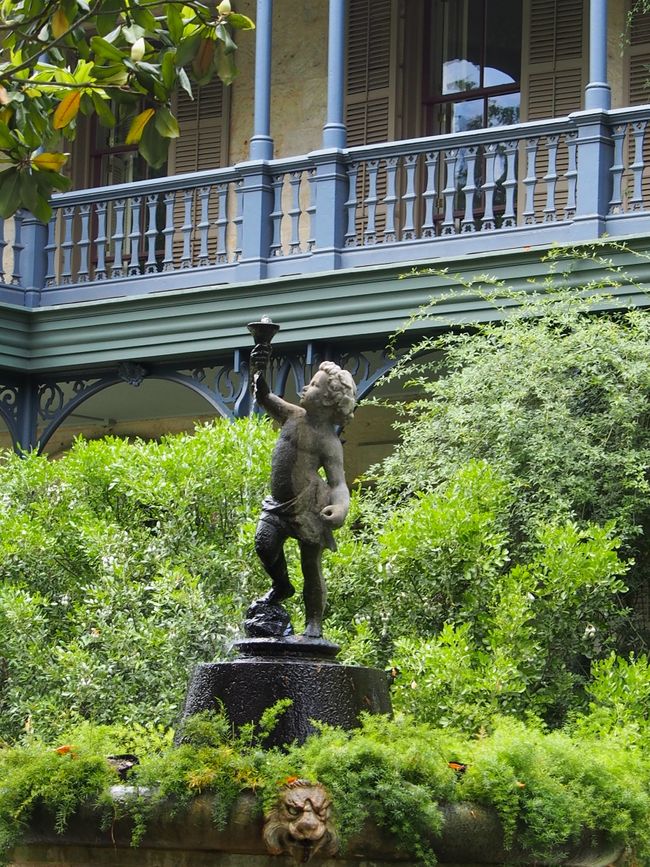

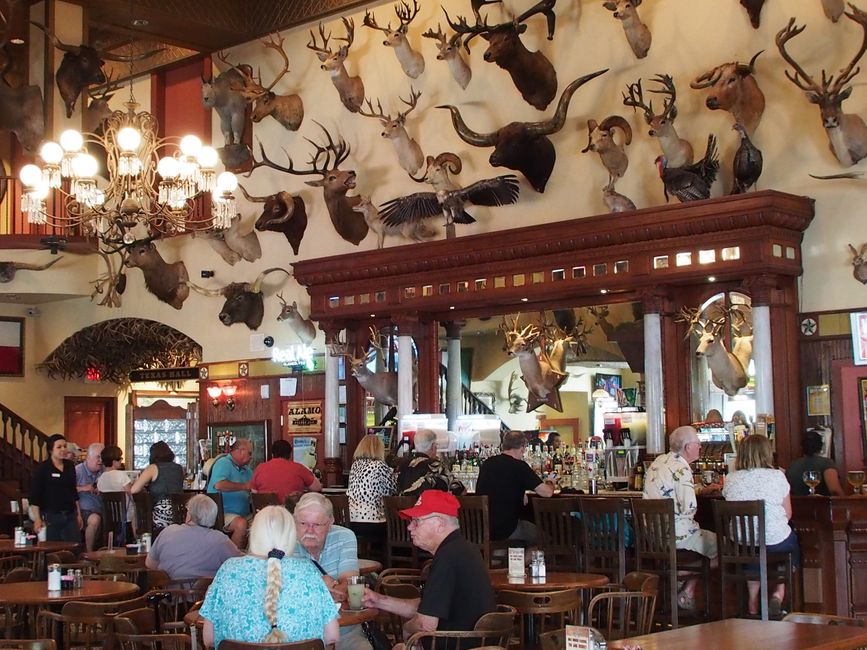
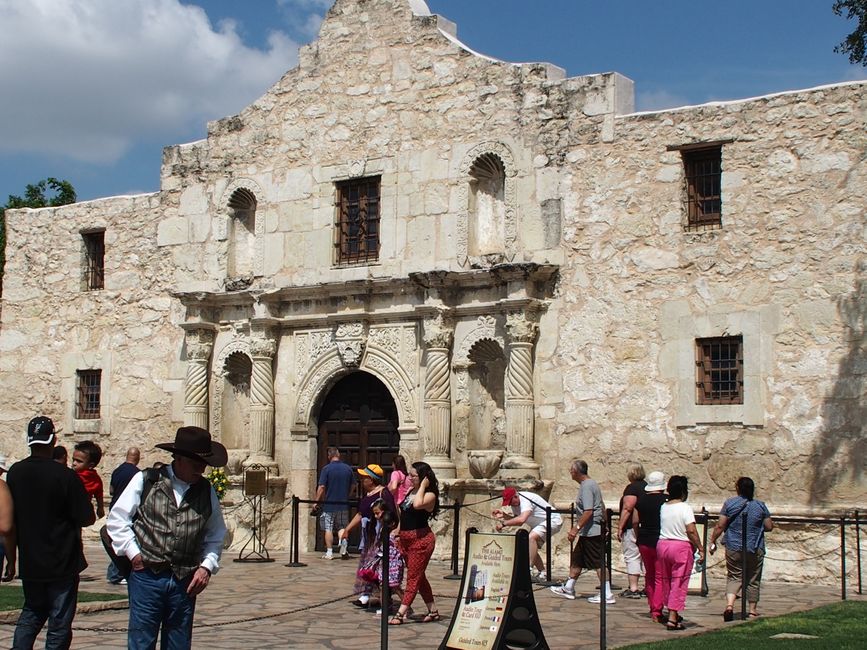
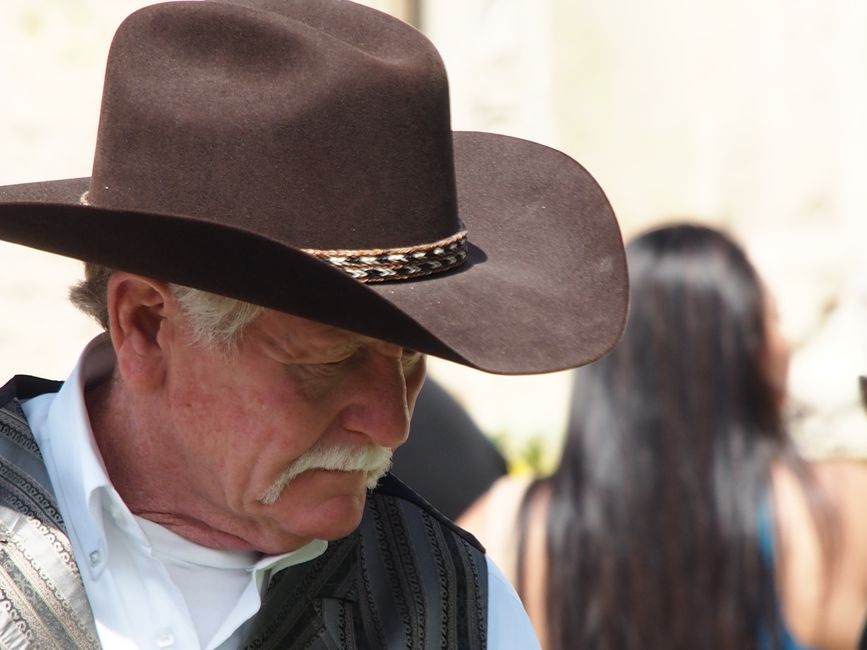
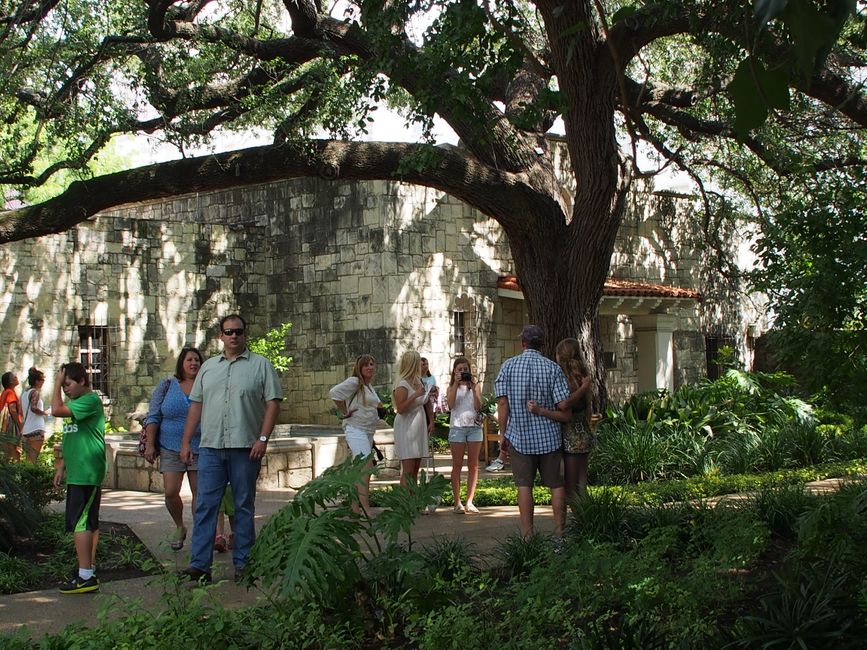
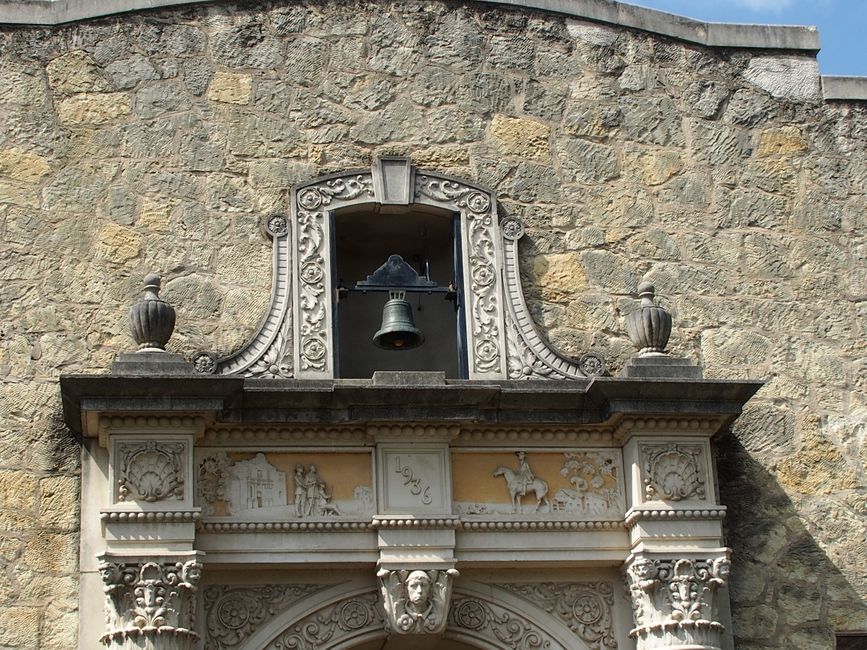
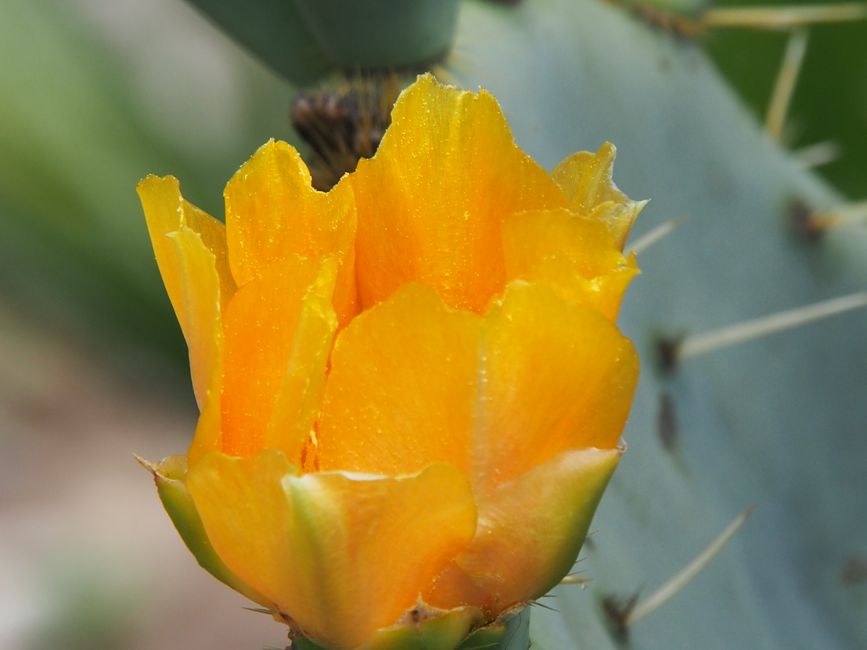
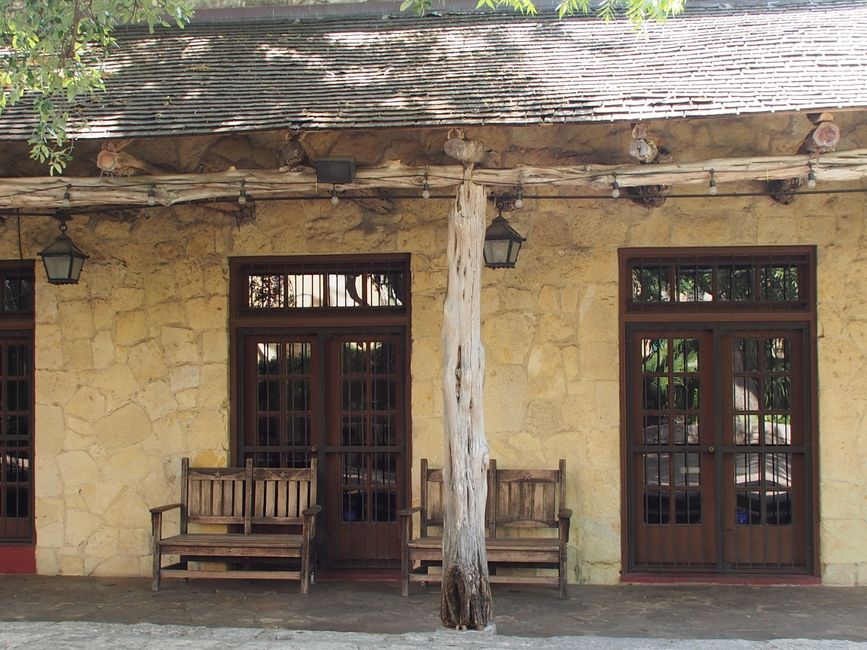
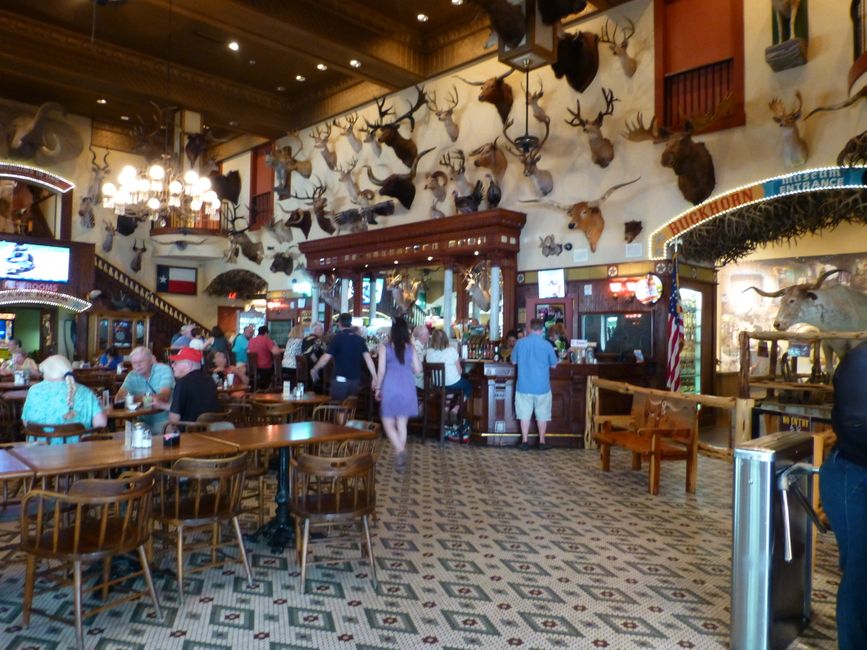
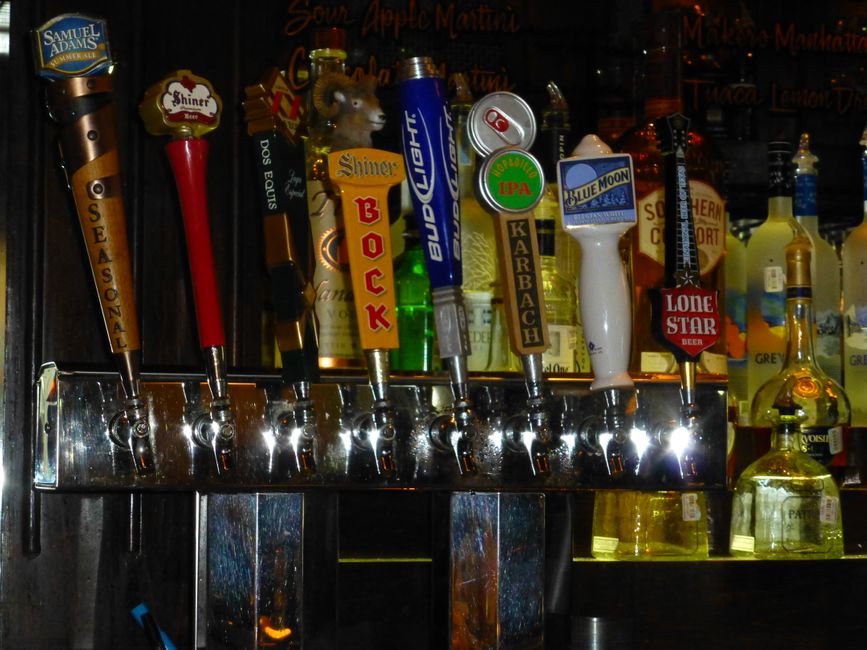
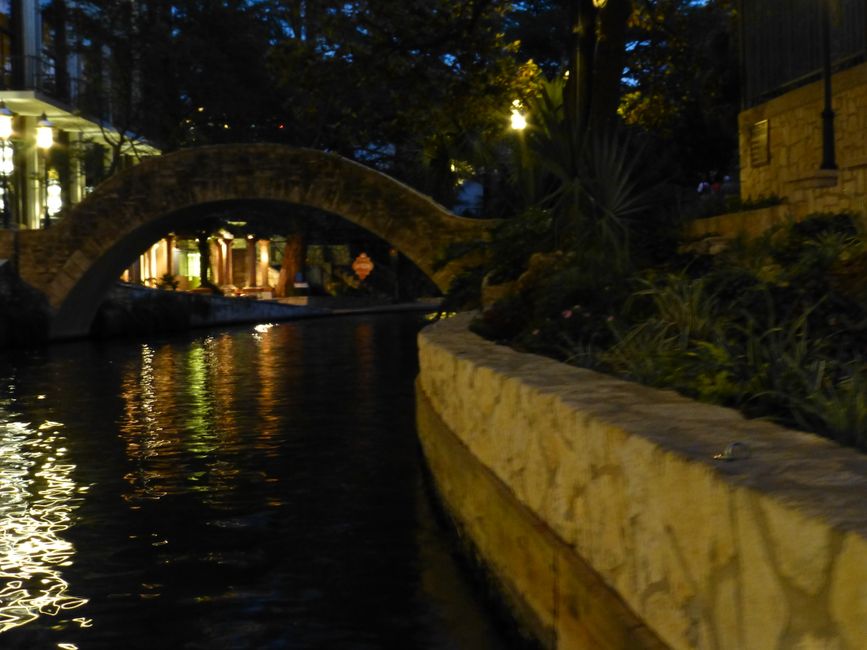
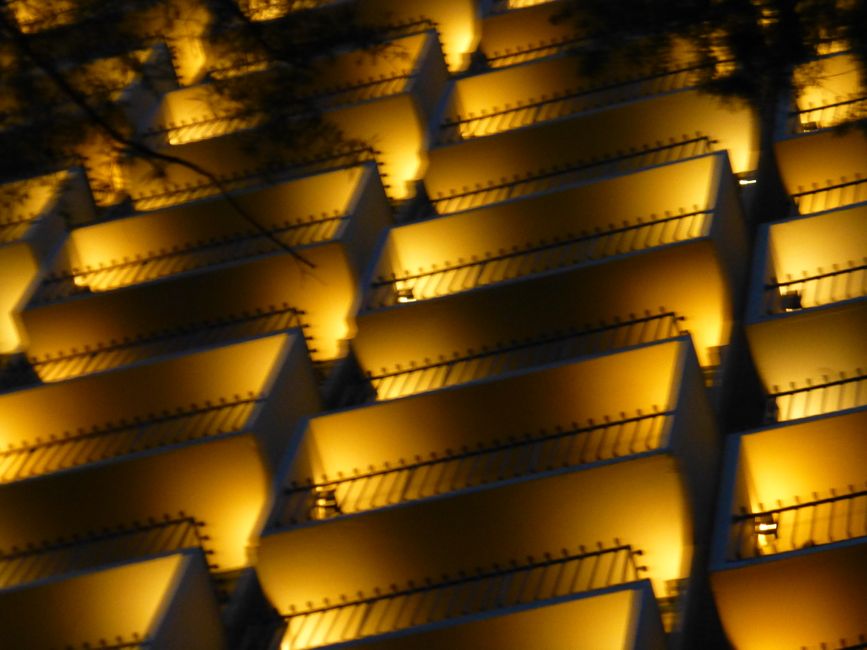
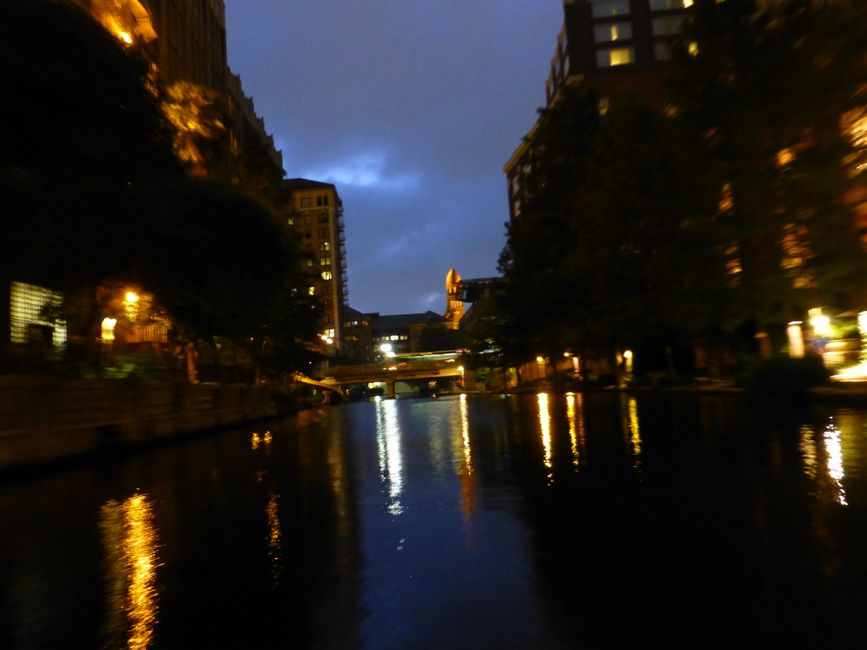
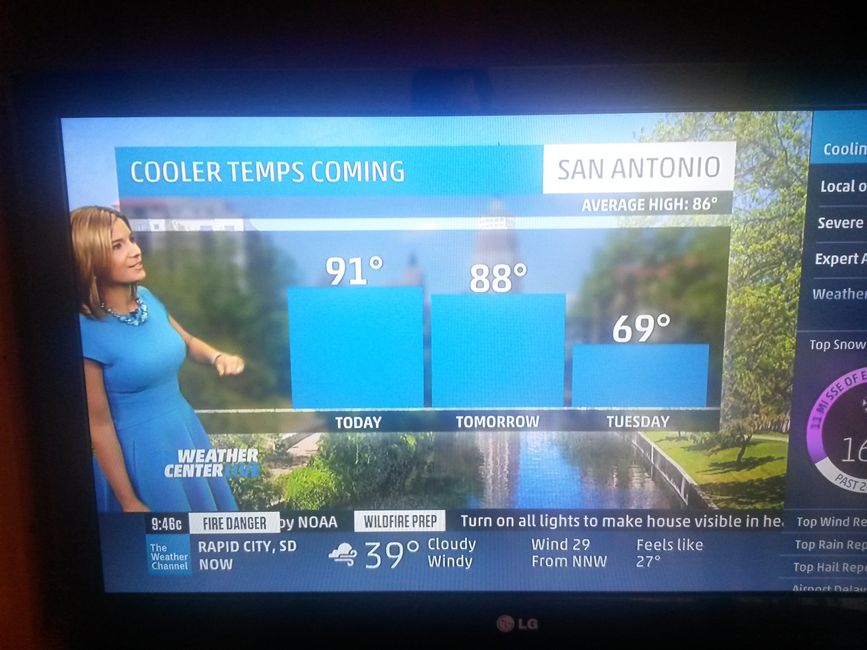
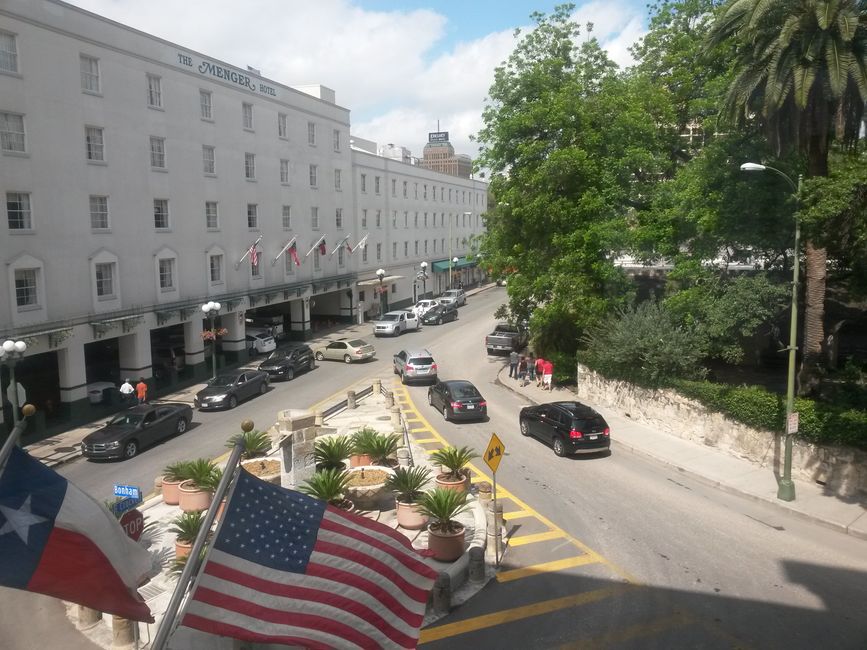
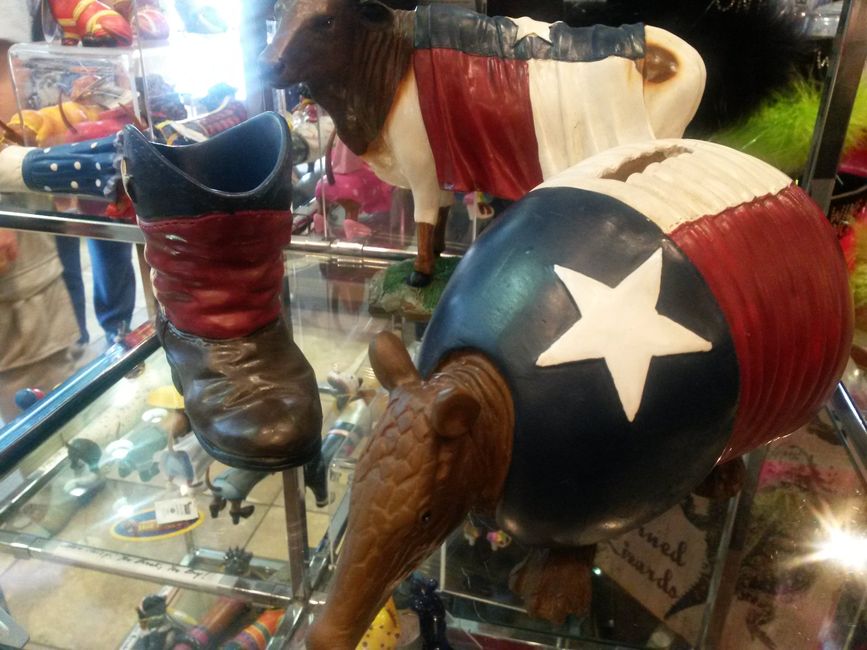
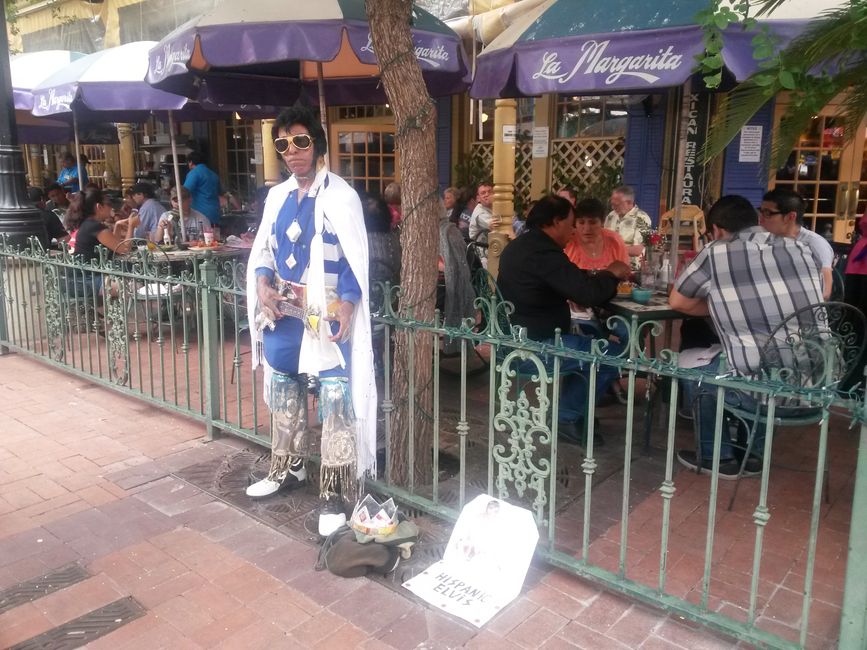
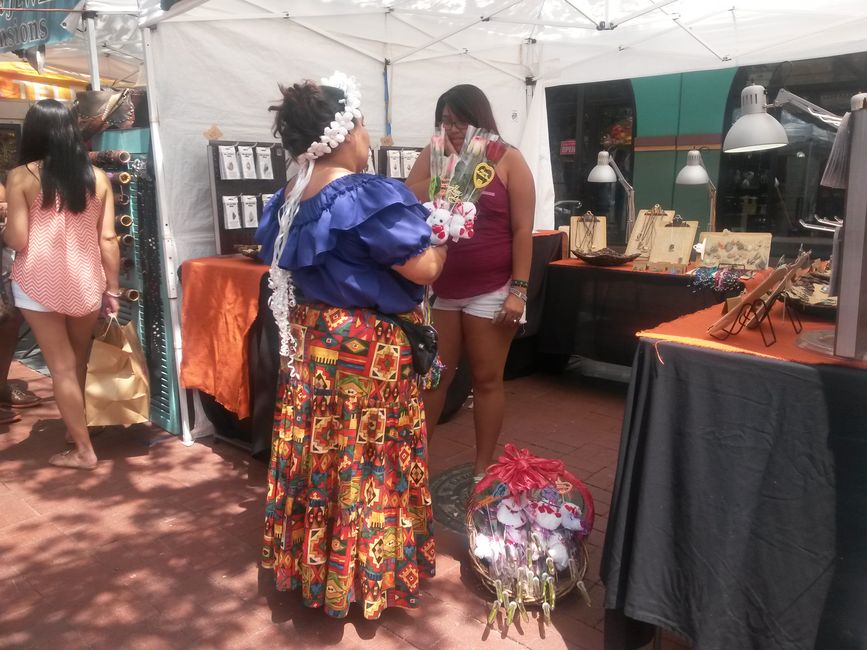
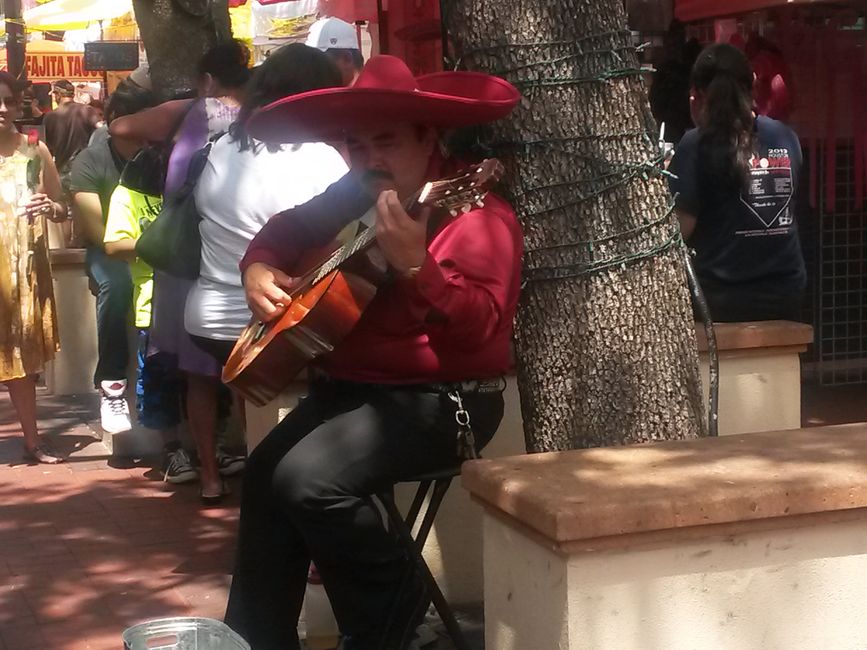
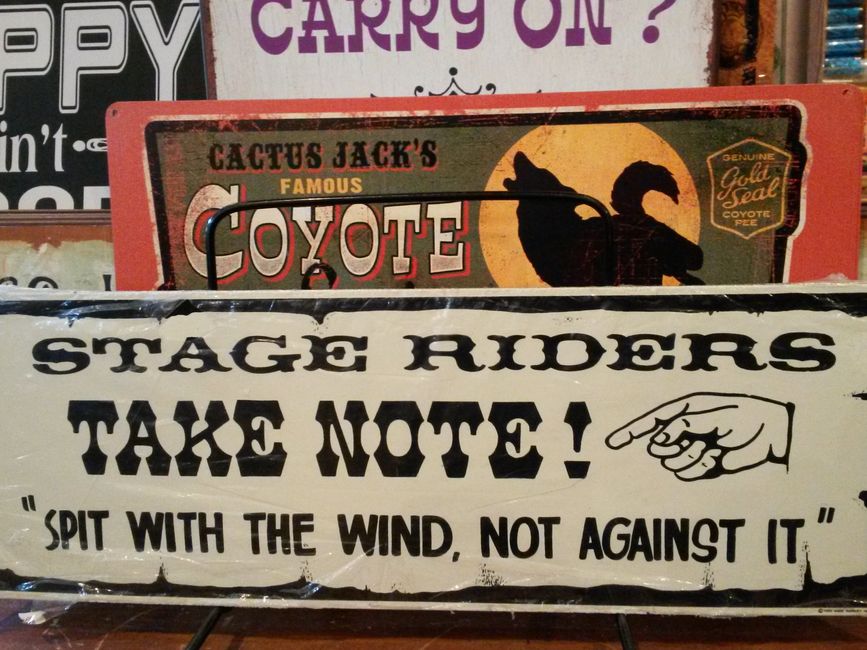
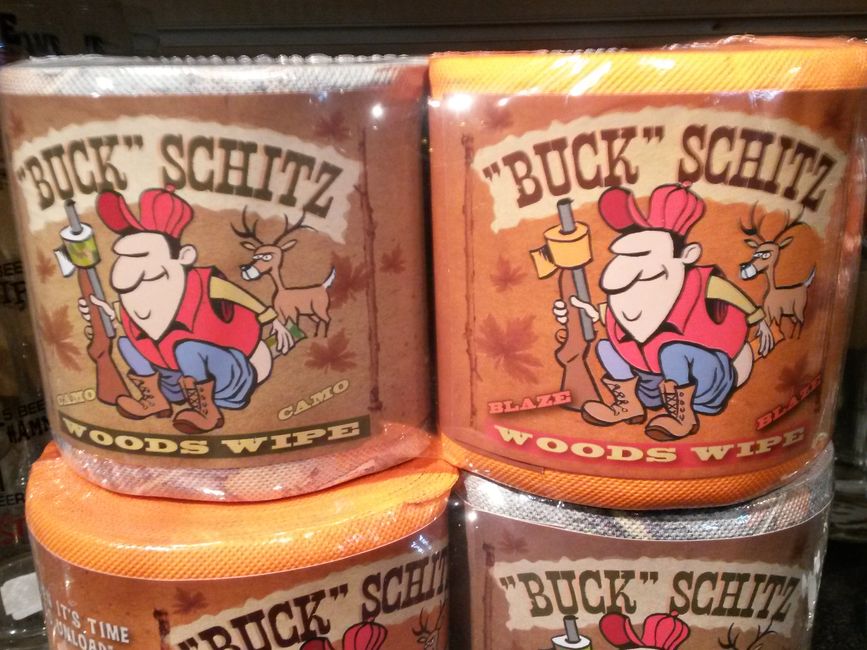
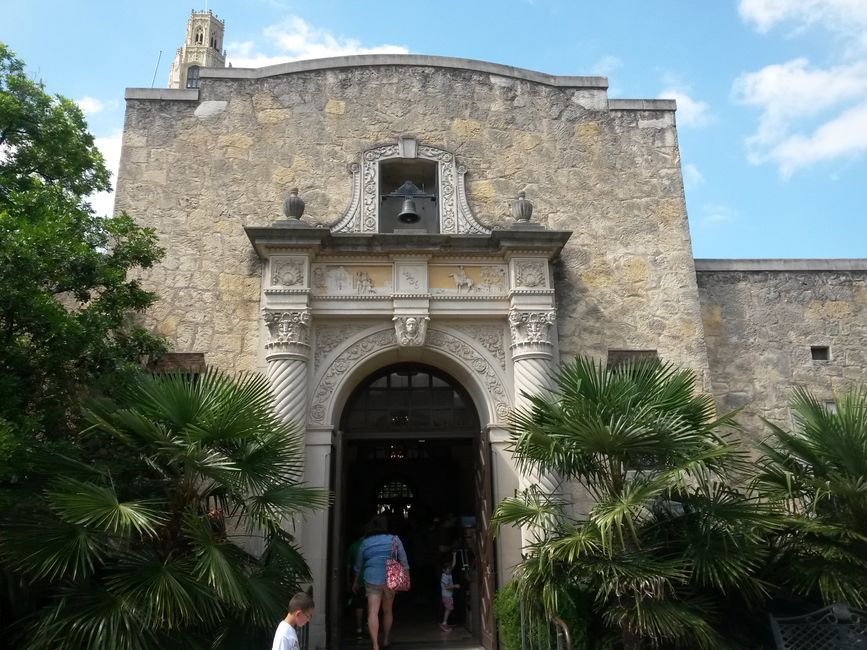
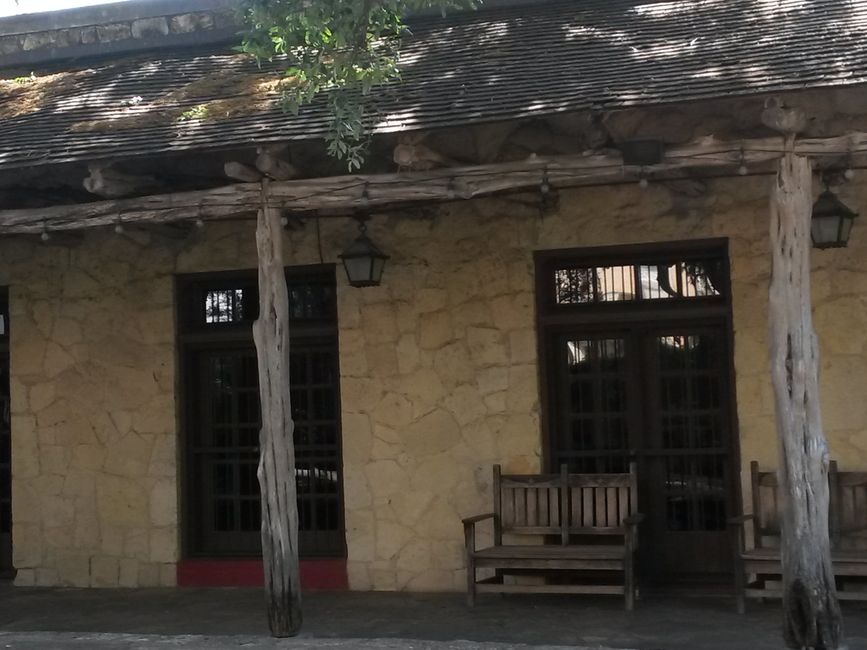
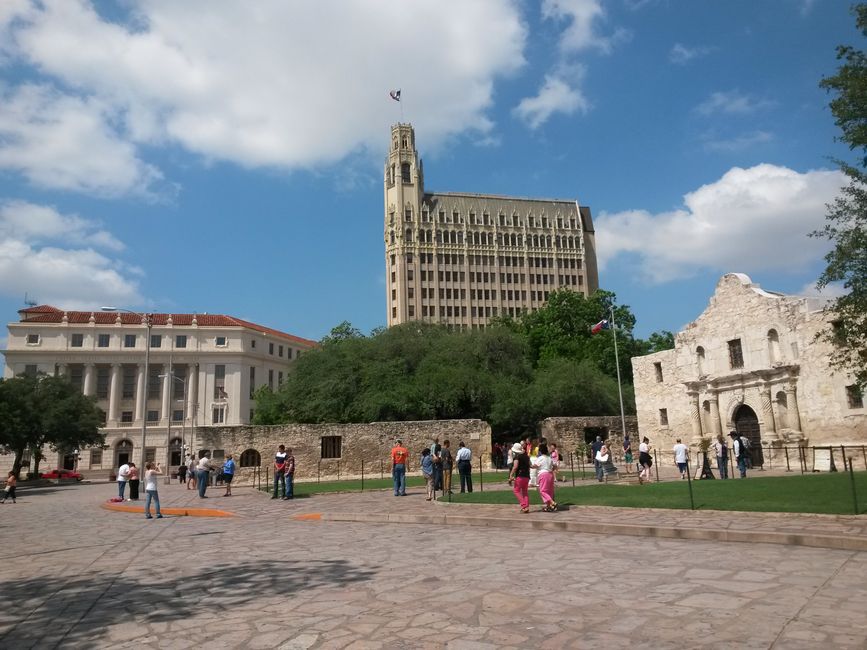
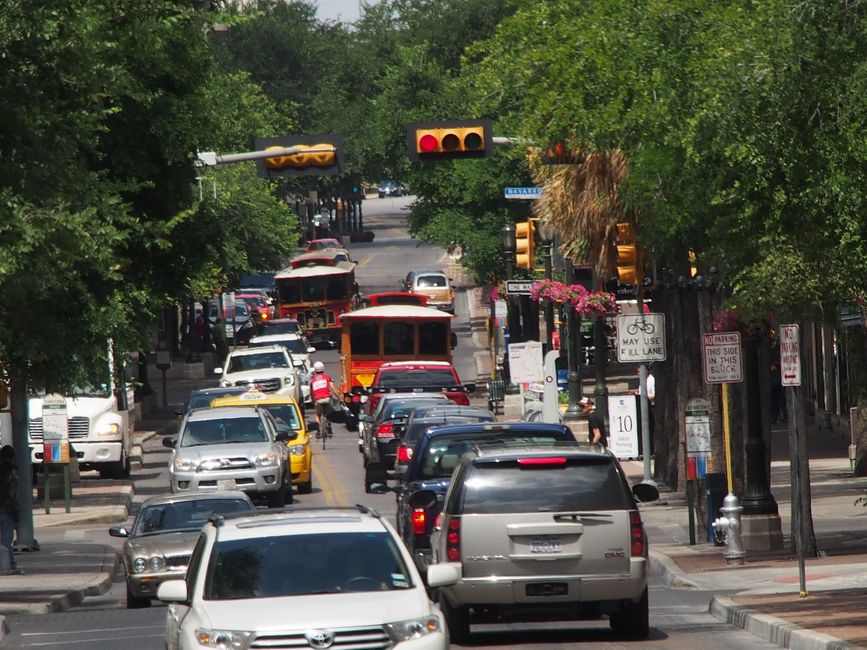
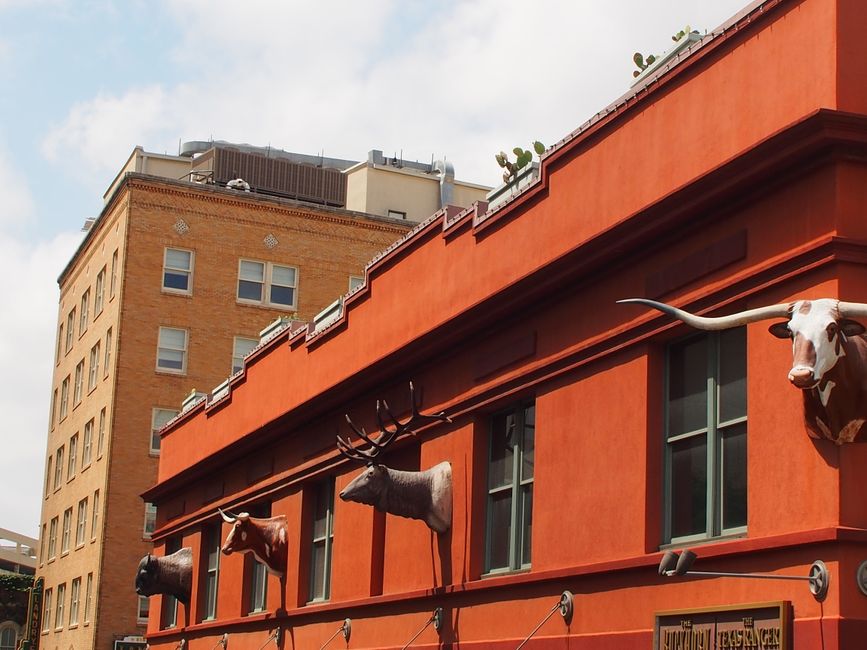
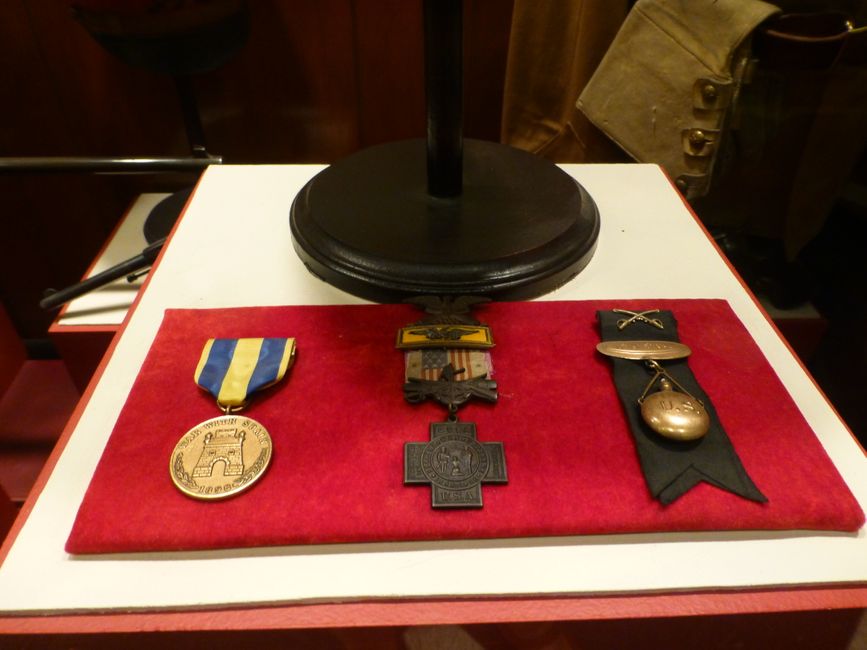
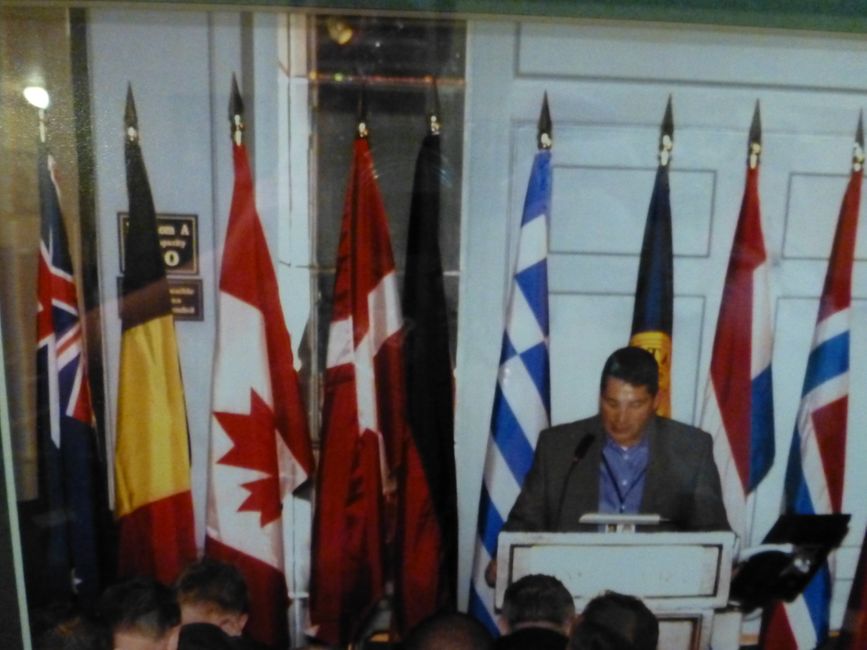
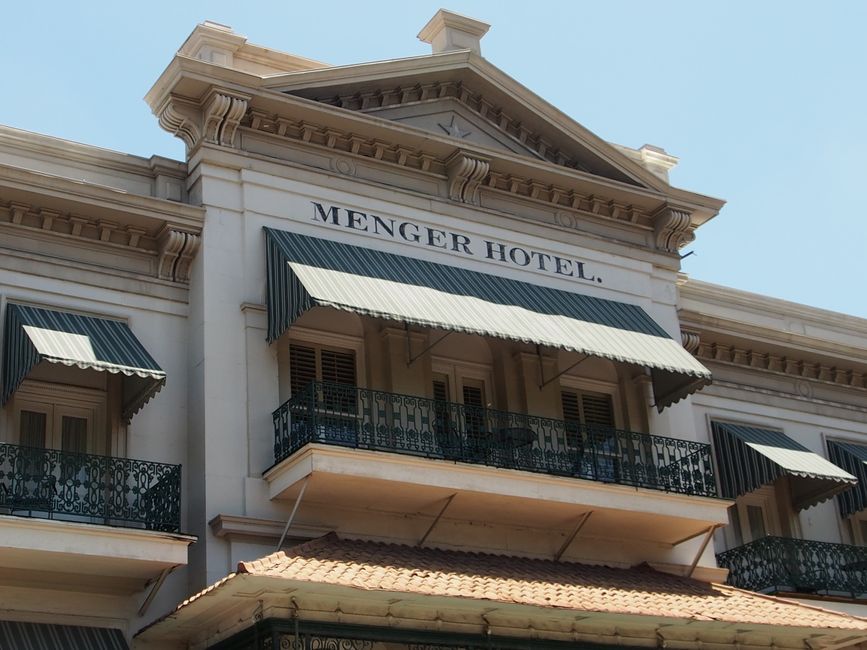
Sunday, May 11, 2014
It's Mother's Day and prom and the weekend, and the city is bursting at the seams. Last night, we saw a lot of young people all dressed up, as well as many families, many soldiers in dress uniforms, and of course, many American tourists.
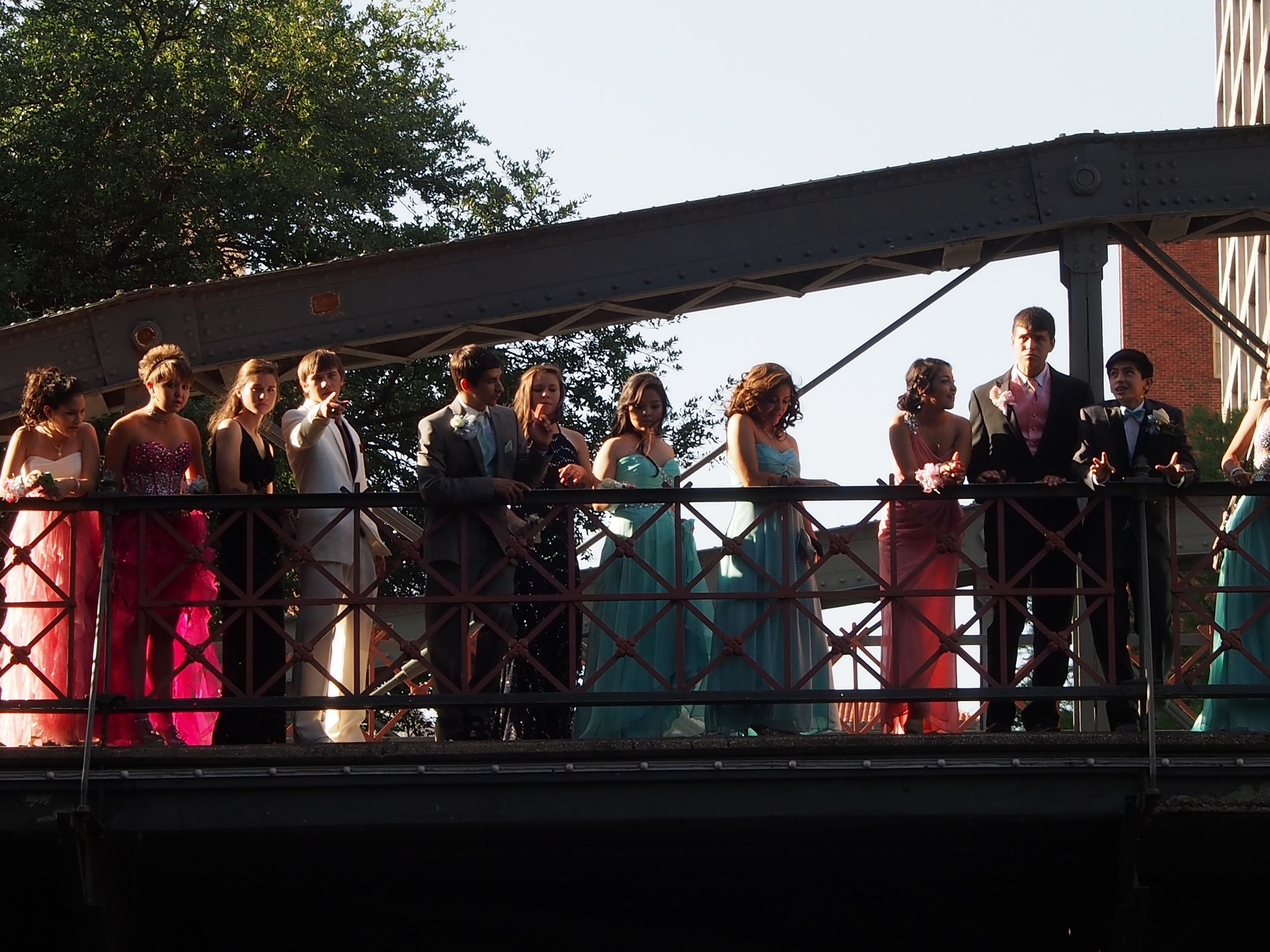
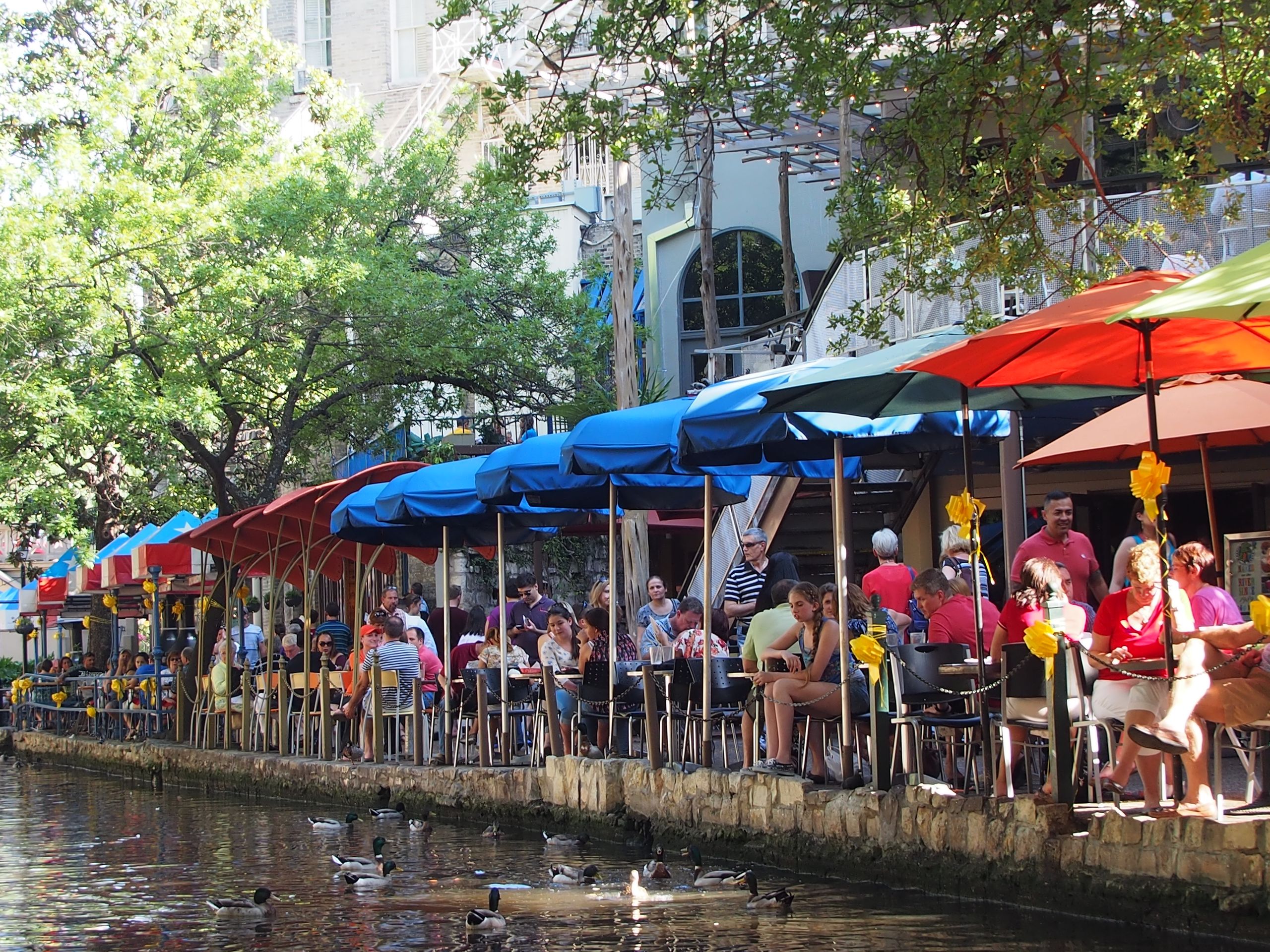
Today is Mother's Day as well. Everywhere you hear "happy mother's day", whether the janitor greets you, the door manager, or the woman who takes the dirty dishes off the table. Well, apparently this event is a major event for families to meet and have a meal together or go on an outing.
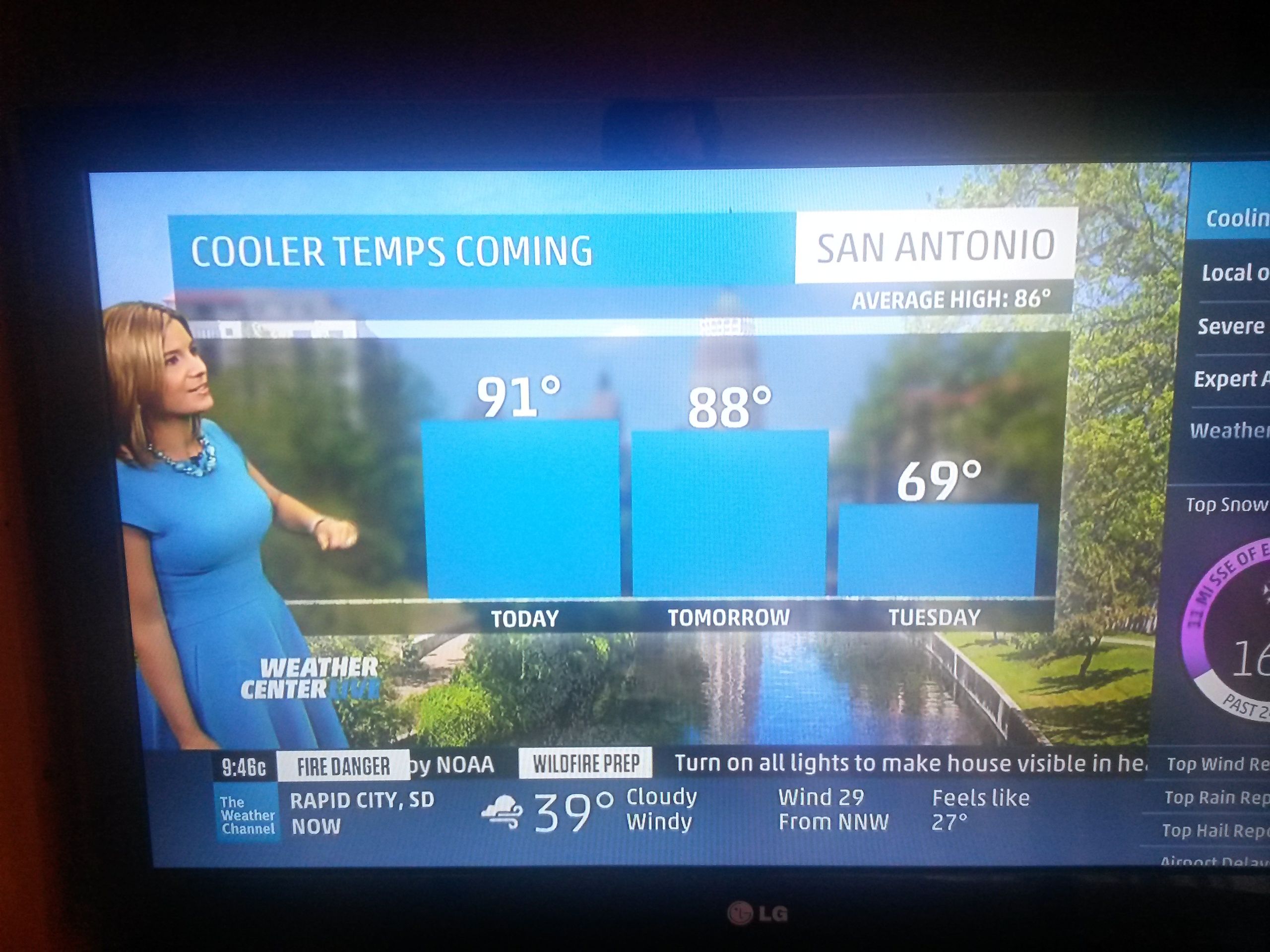

Across the street, at the historic Menger Hotel, the entrance to the parking garage is jammed with cars. We wanted to visit the hotel interior anyway, because it is described as worth seeing in every travel guide and supposedly there is also a hotel ghost there.
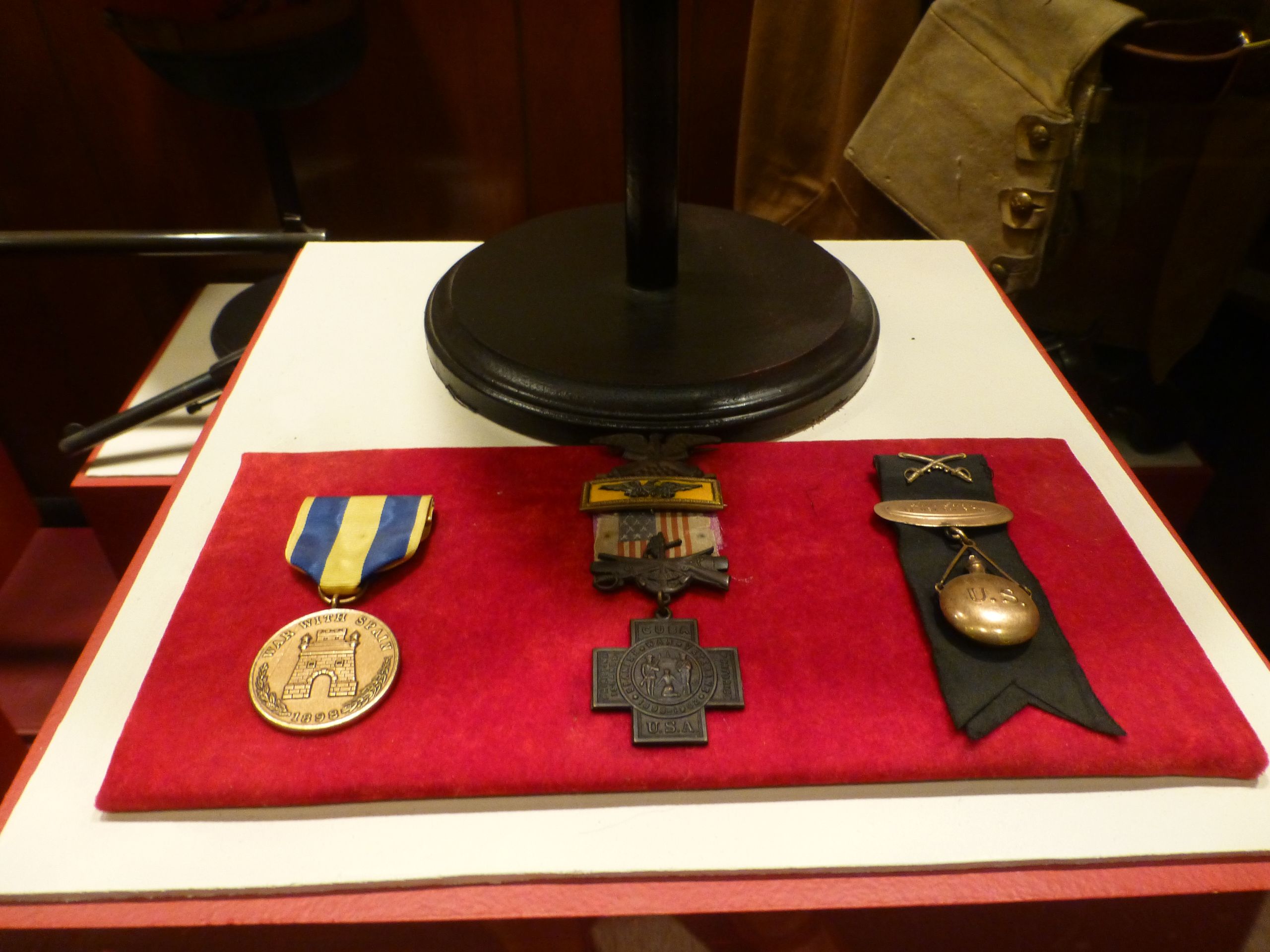
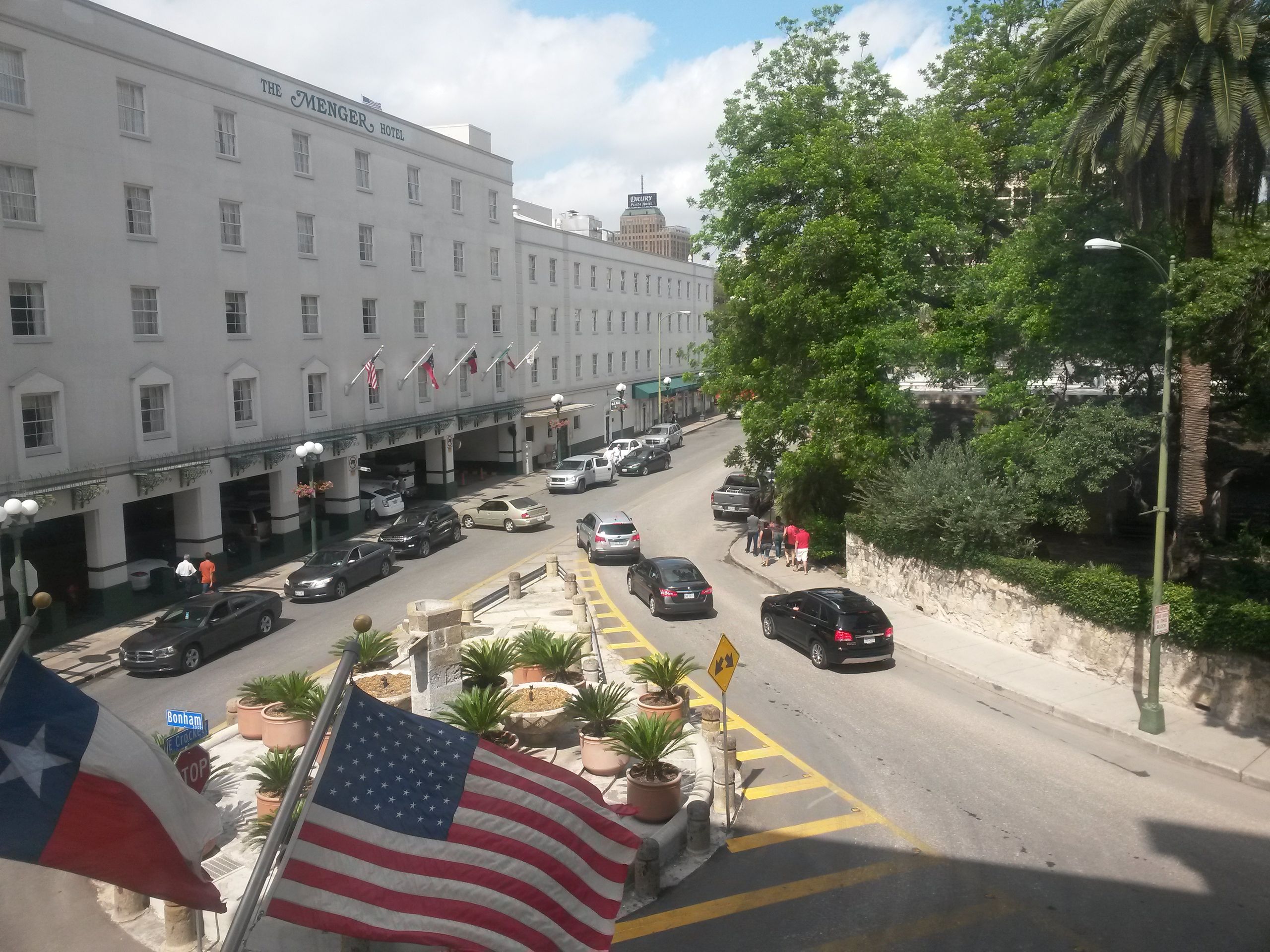

Well, it seems like the hotel ghost must have fled today, because when we enter the hotel lobby, there is an endless line of well-dressed people already queuing for lunch at 11:30 am. The tables have been set up in the lobby - that's stylish...! Anyway, we can't see the hotel as it normally looks, but we find some photo documents on the walls from old and new times.




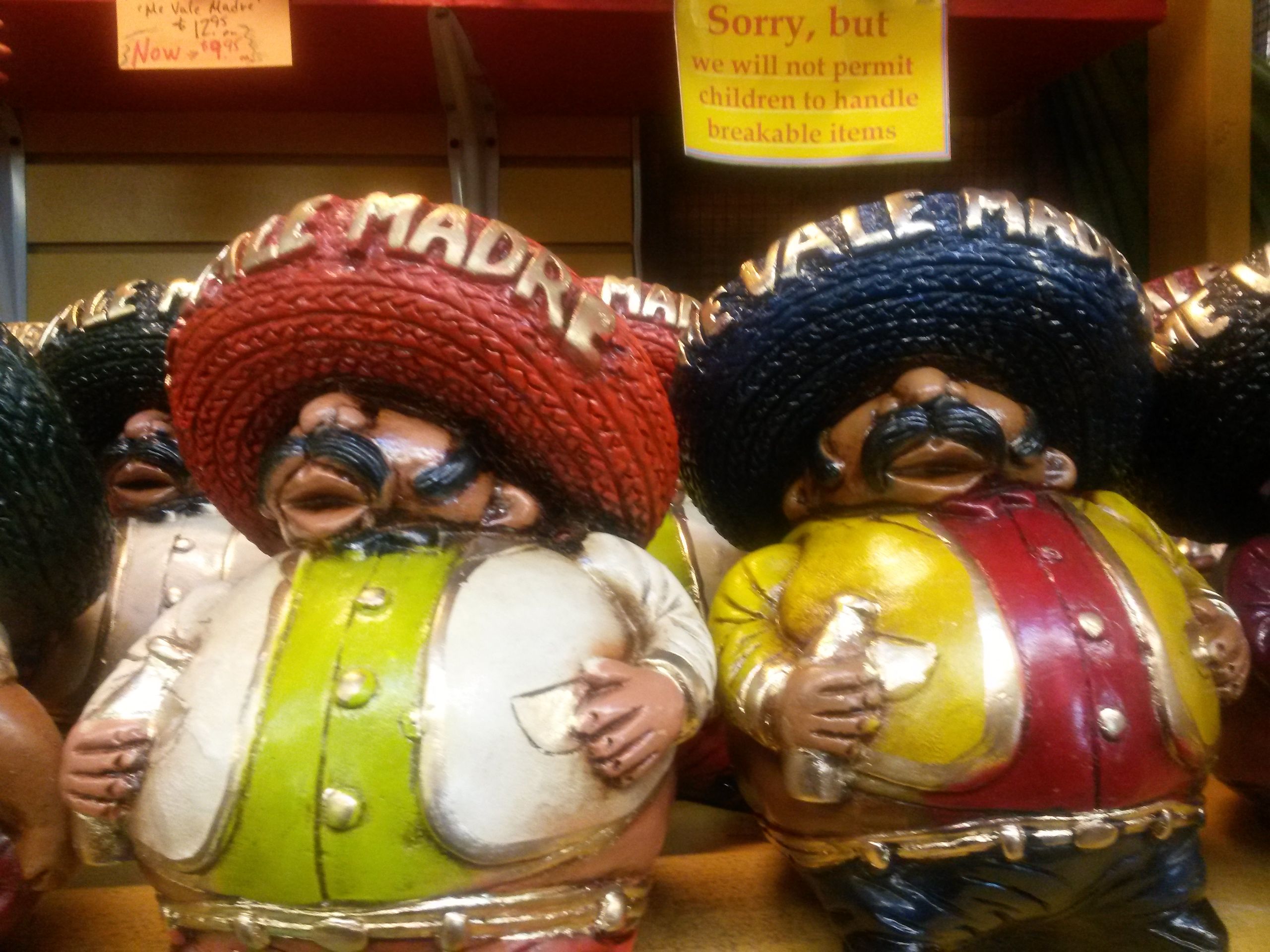
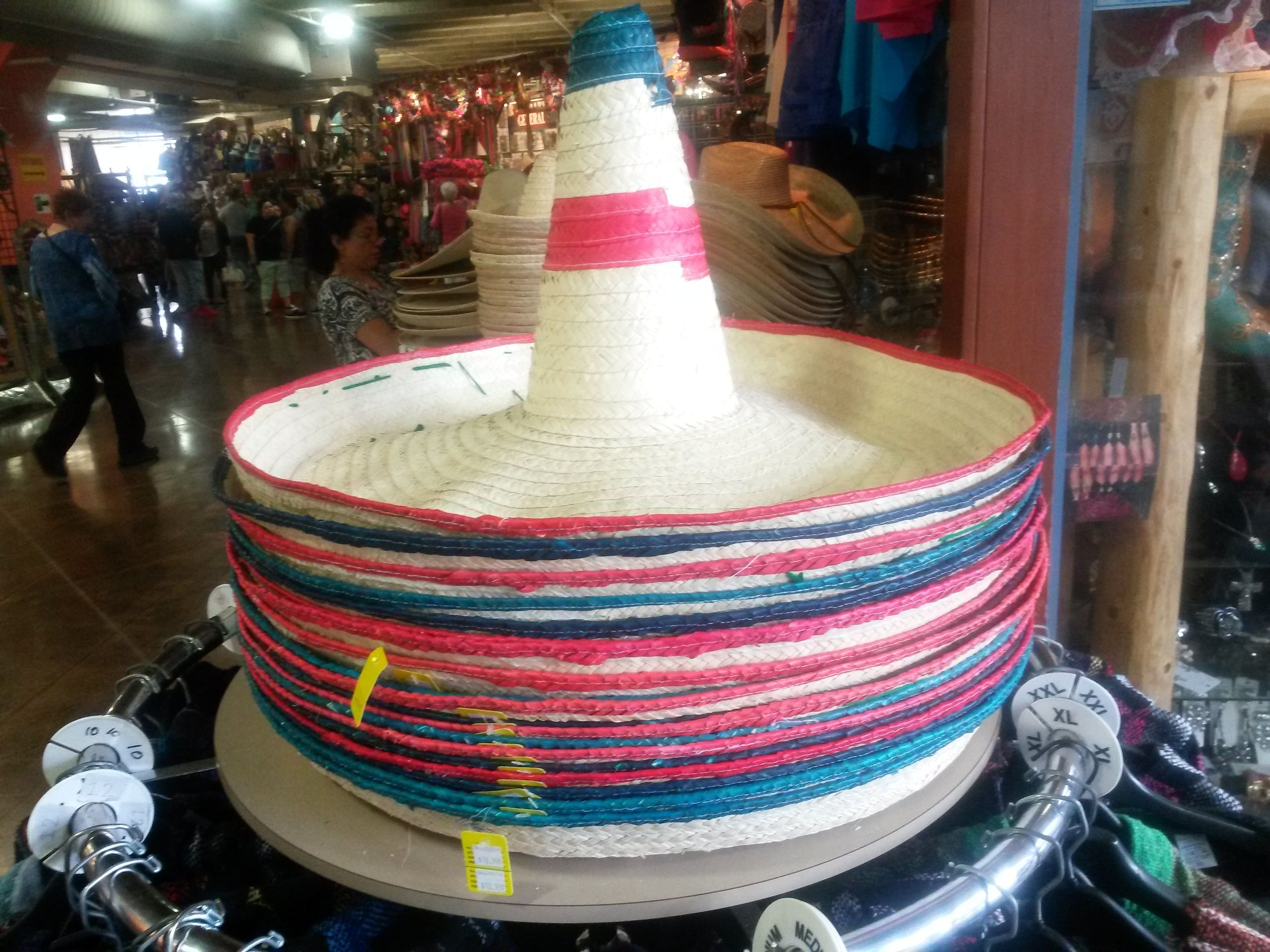
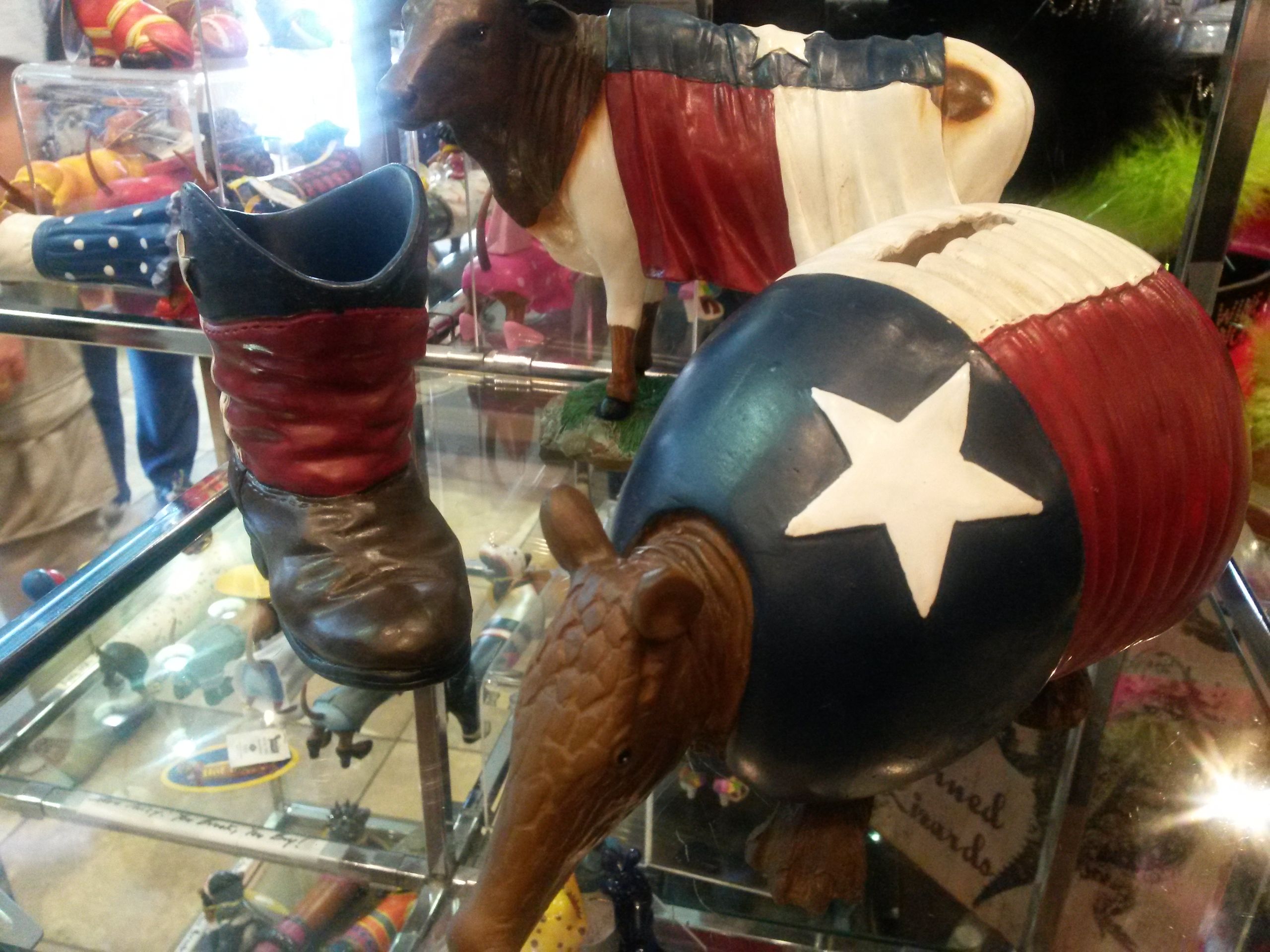
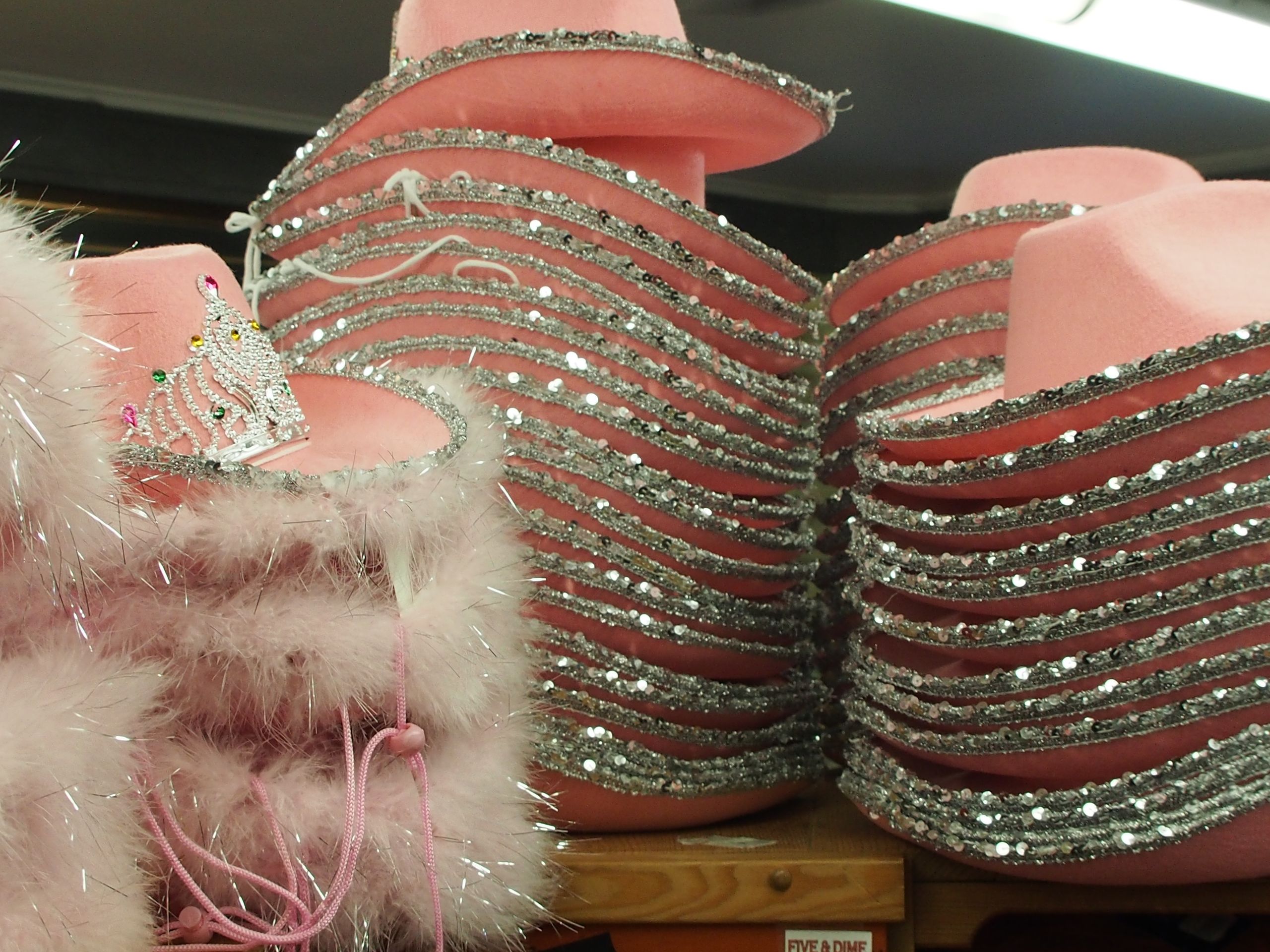
So we wait shortly afterwards for another tour bus, which takes forever to arrive.

We drive to King William, the neighborhood, which is the oldest neighborhood in San Antonio, while San Antonio is also the oldest city in Texas (first mentioned in the late 17th century). In the late 19th century, German settlers founded this 25-block district, one of the most elegant of its time. Numerous buildings have been restored.
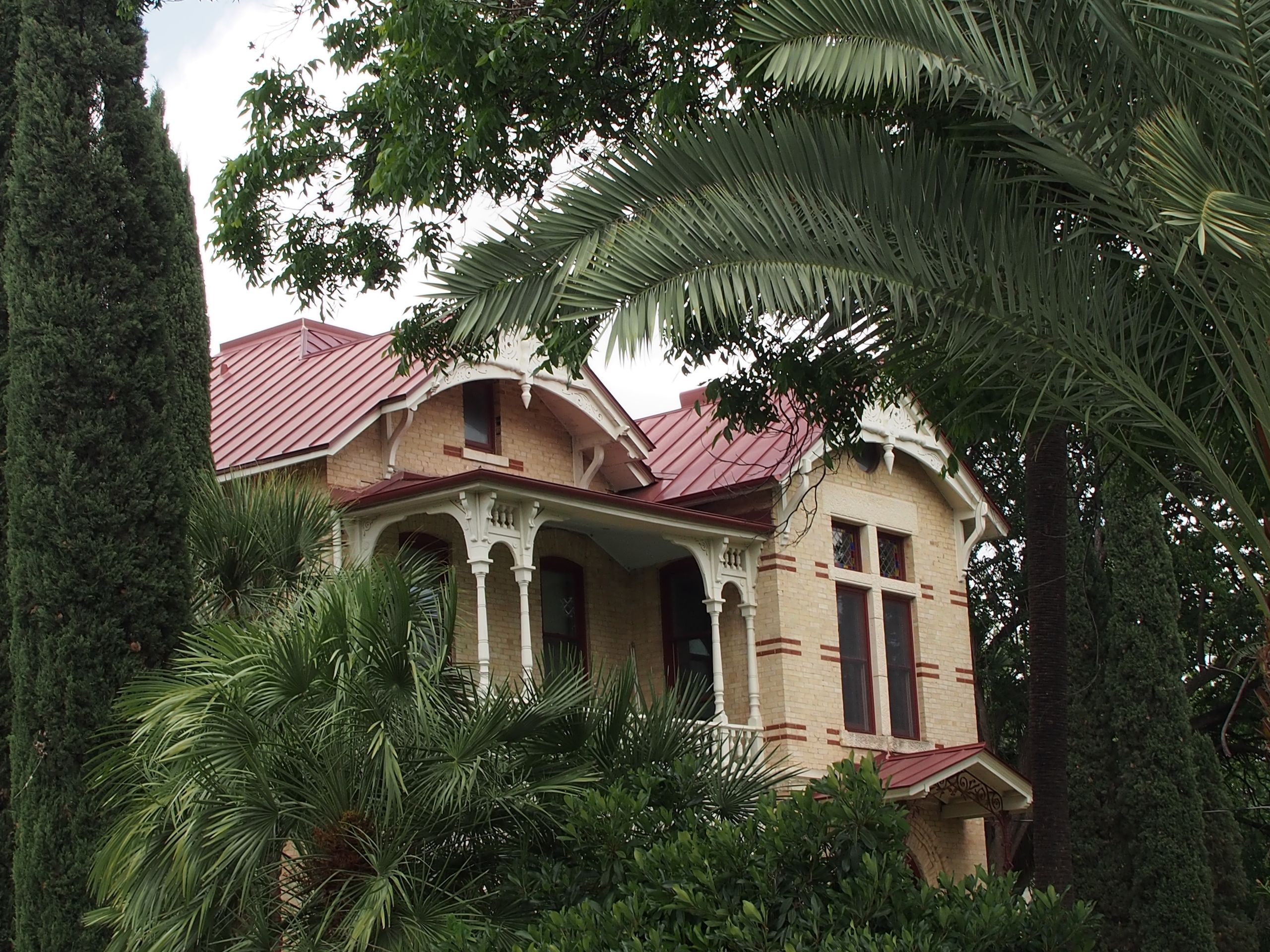
The most beautiful mansions can be found on King William Street, which we find opposite the Guenther House. In the Guenther House, a former mill founded by a German man in the mid-19th century, is now a restaurant.
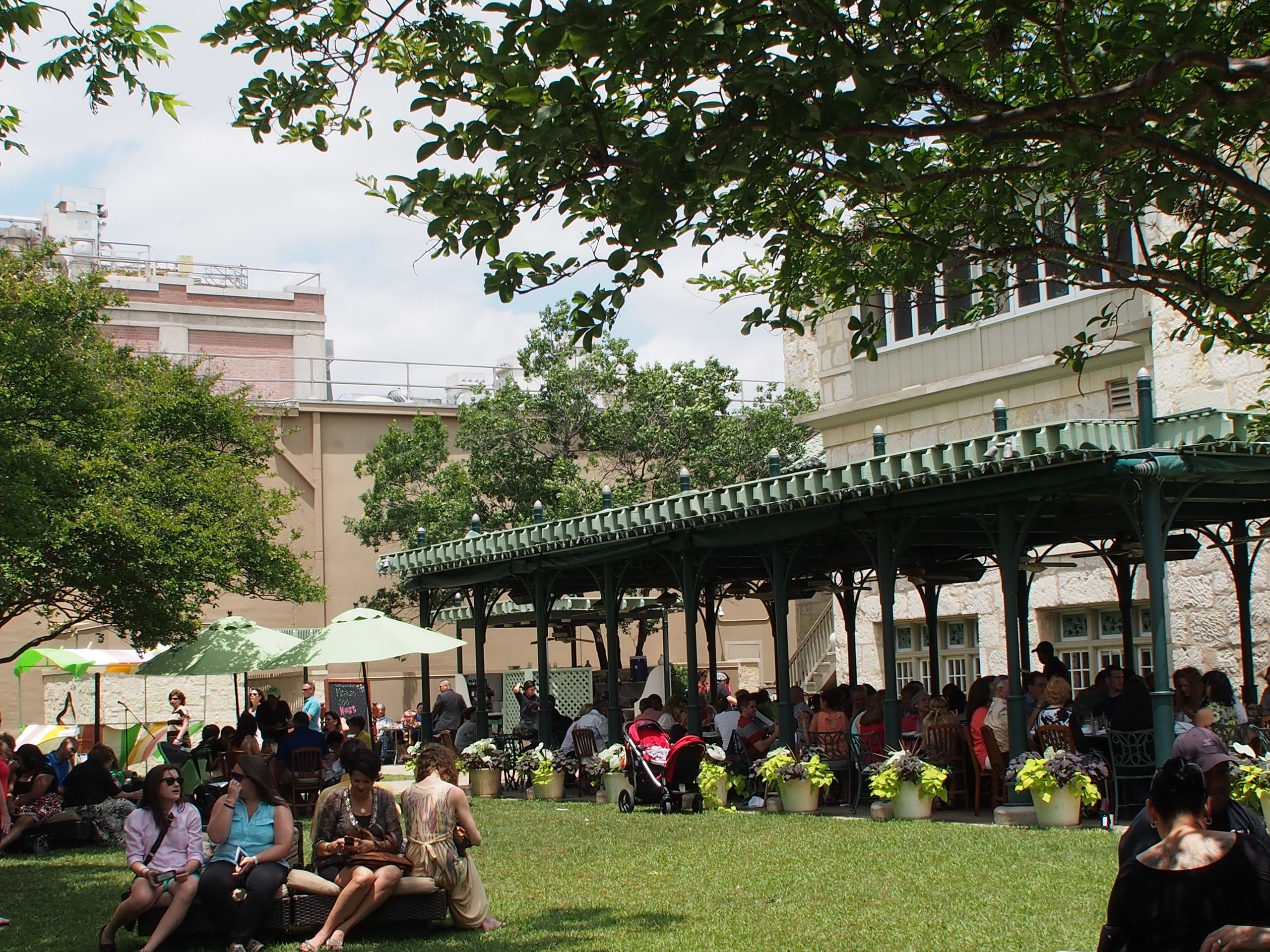
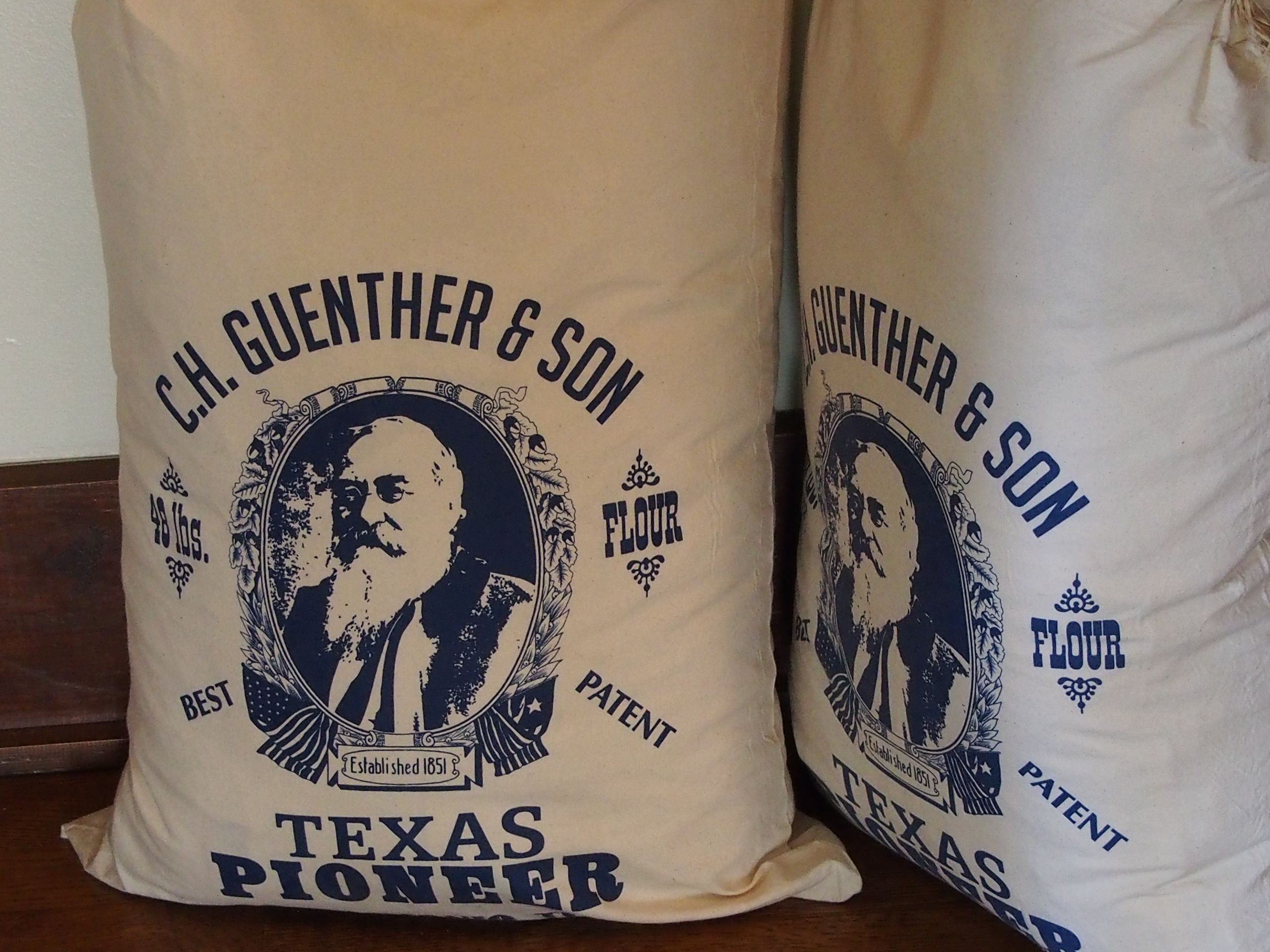
And here too, there is a crowd of people waiting, because under a sunshade in the garden, there is a table with possibly 30 seats. There are now 30 people sitting there, surely not very relaxed, because there are at least two more layers waiting for their Mother's Day lunch to be served.
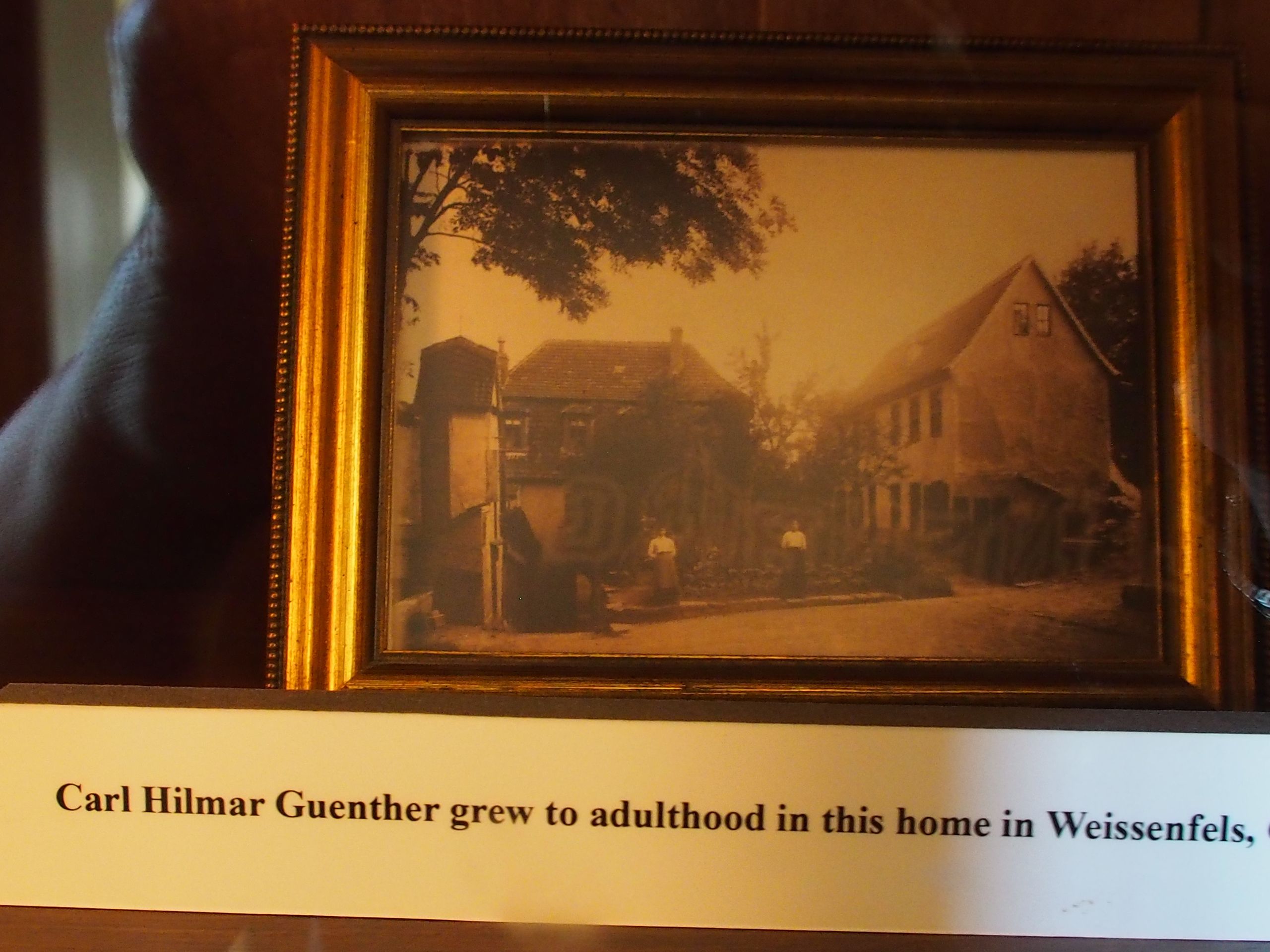
We go inside the old house and see some old porcelain plates and also pictures from Weißenfels in Hessen, where the founder Carl Hilmar Guenther came from. He and his wife emigrated to America around 1850, where he later married a woman named Dorothea Pape. The mill named Pioneer must have worked for a very long time. It is still standing behind this Guenther House. The Guenther family's residence is located across the street and testifies to their wealth. There is a very nice shop and the air conditioning is pleasantly cool.
On King William Street, there are breathtakingly beautiful German villas, which were once inhabited by Germans. Today, they are mostly part of a foundation.


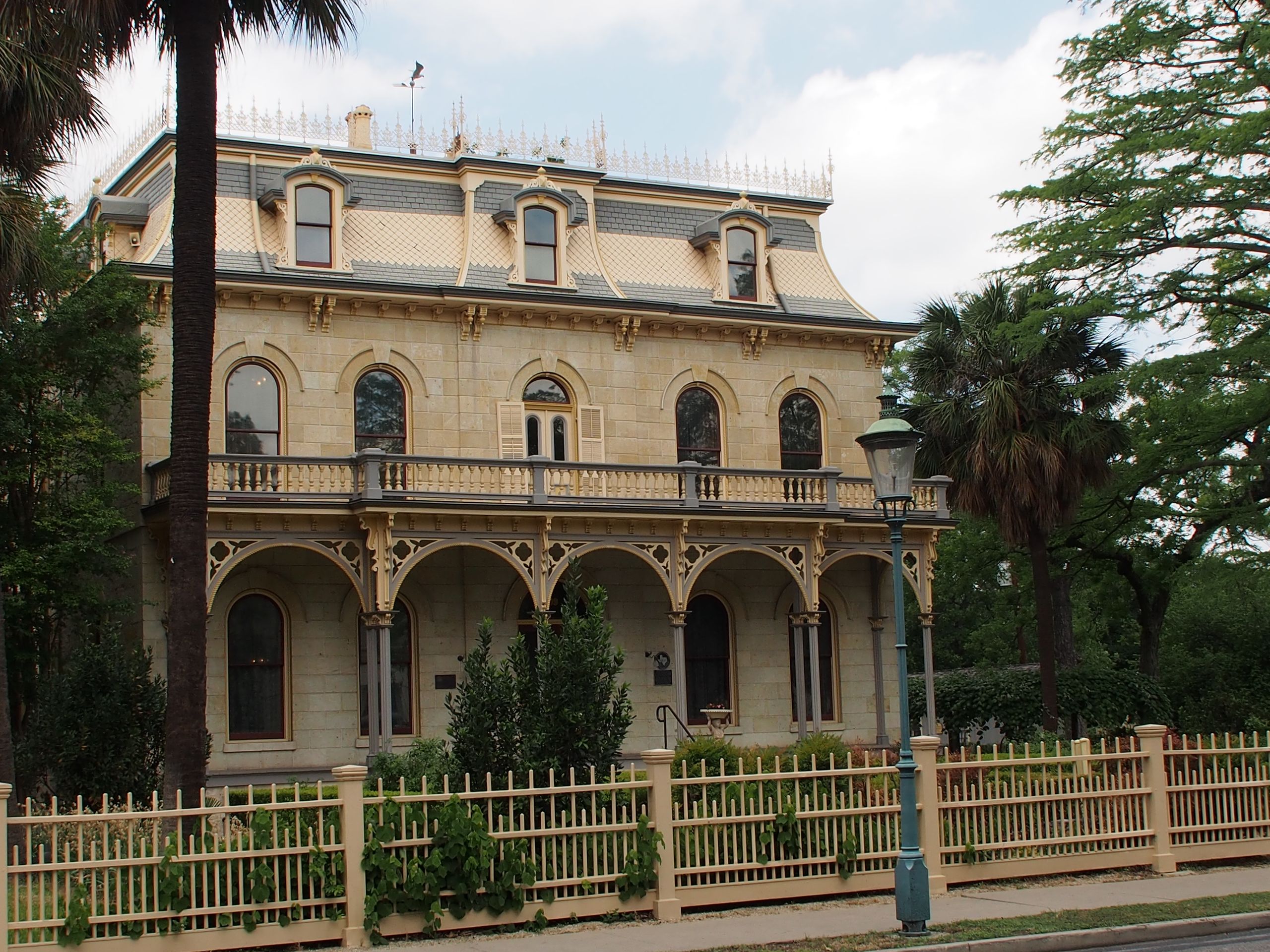
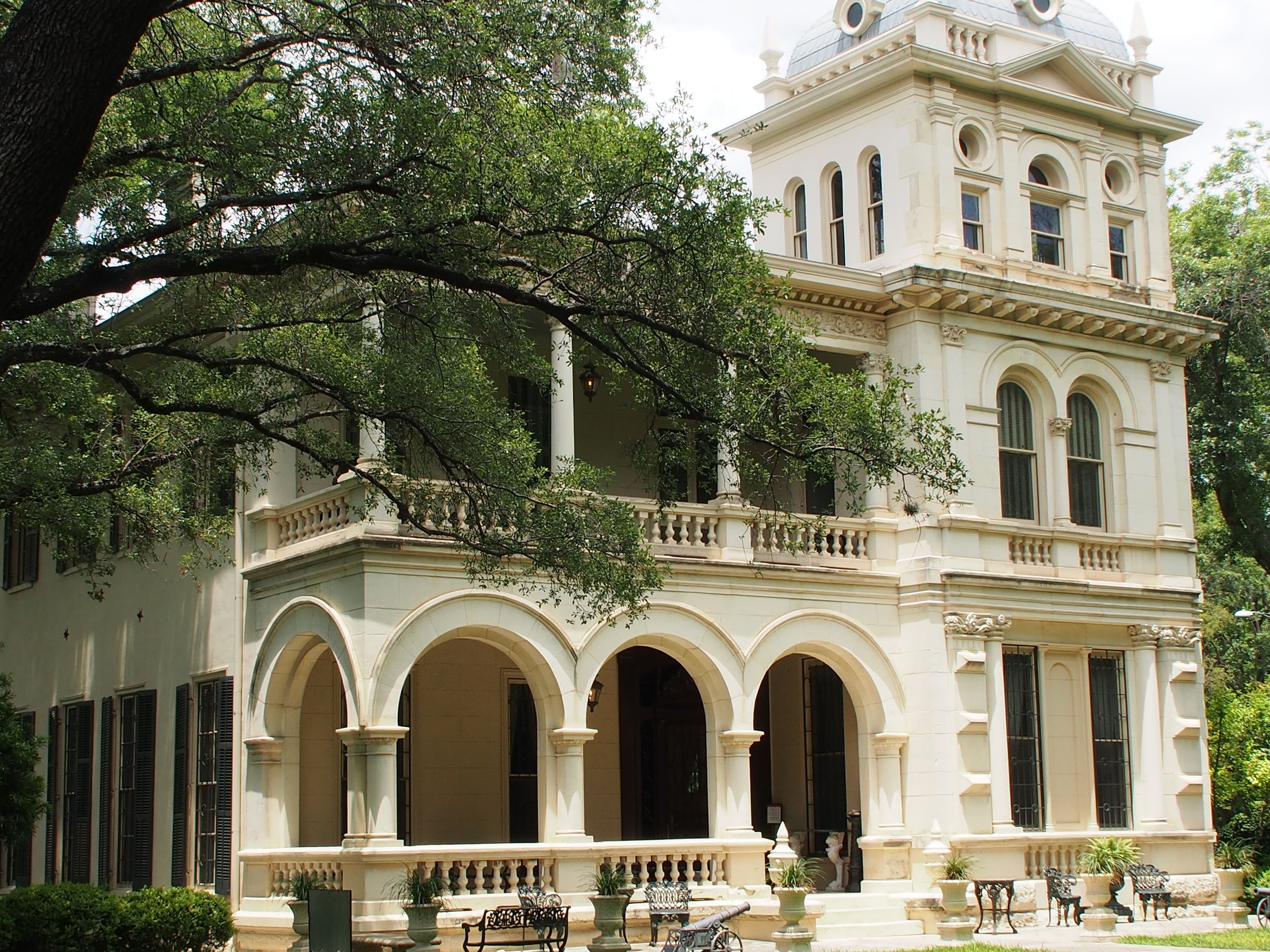
Below the street, the San Antonio River runs, and we continue to follow its bank to downtown.

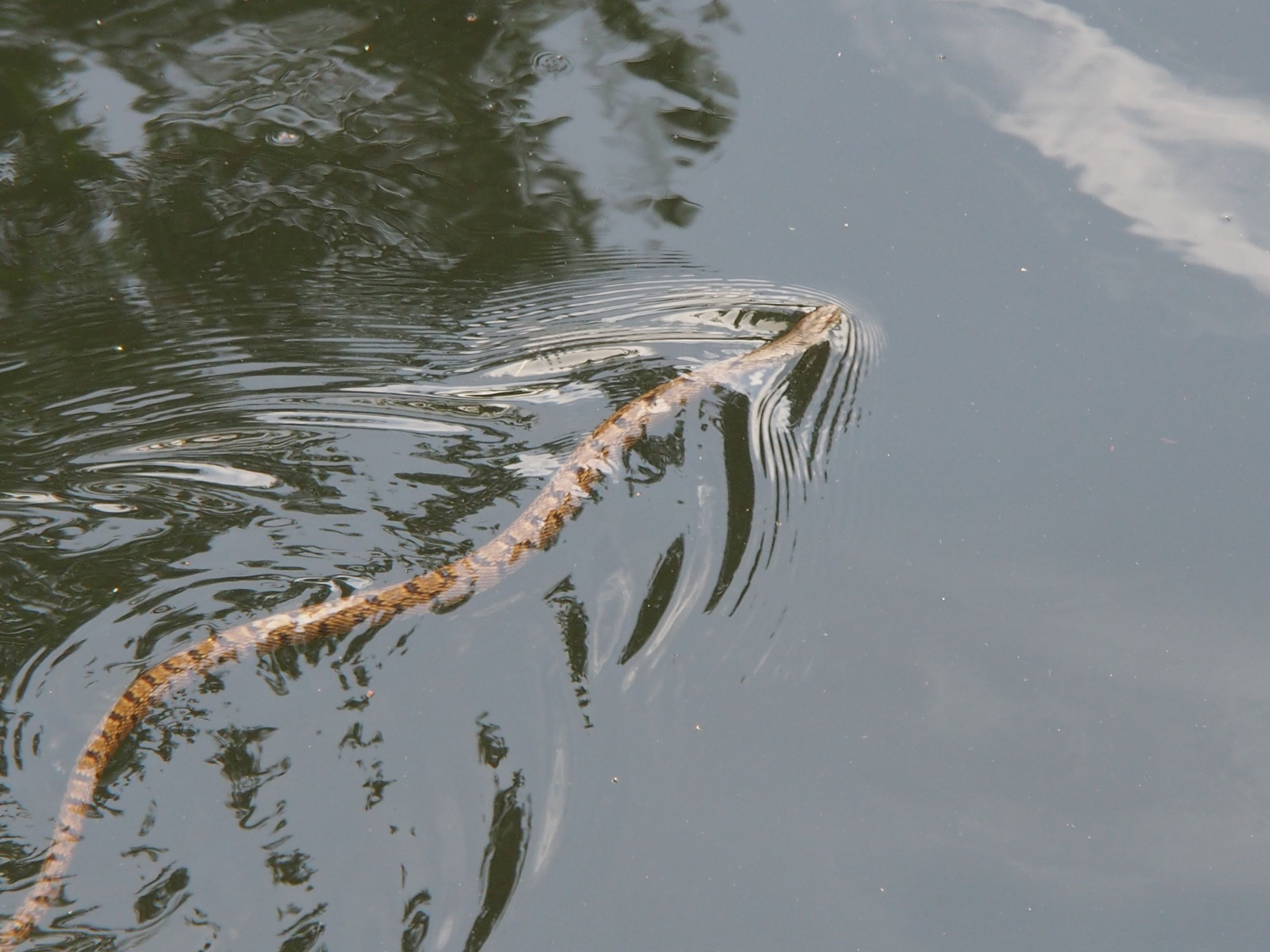
I go into the Buckhorn Museum & Bar, reminiscent of a Hamburg district around the corner from Volksdorf. But they want $18.99 admission for their collection of curiosities, and that's not worth it to me. The bar area is quite funny.

In the past, they gladly accepted antlers and other animal trophies as payment, and they decorate the interior and even the exterior of the house.
I walk back to the Alamo, which is just around the corner, and want to take a closer look. What still stands today is only the front of the church, which was part of the fort. It had an annex at that time, which was a powder room.
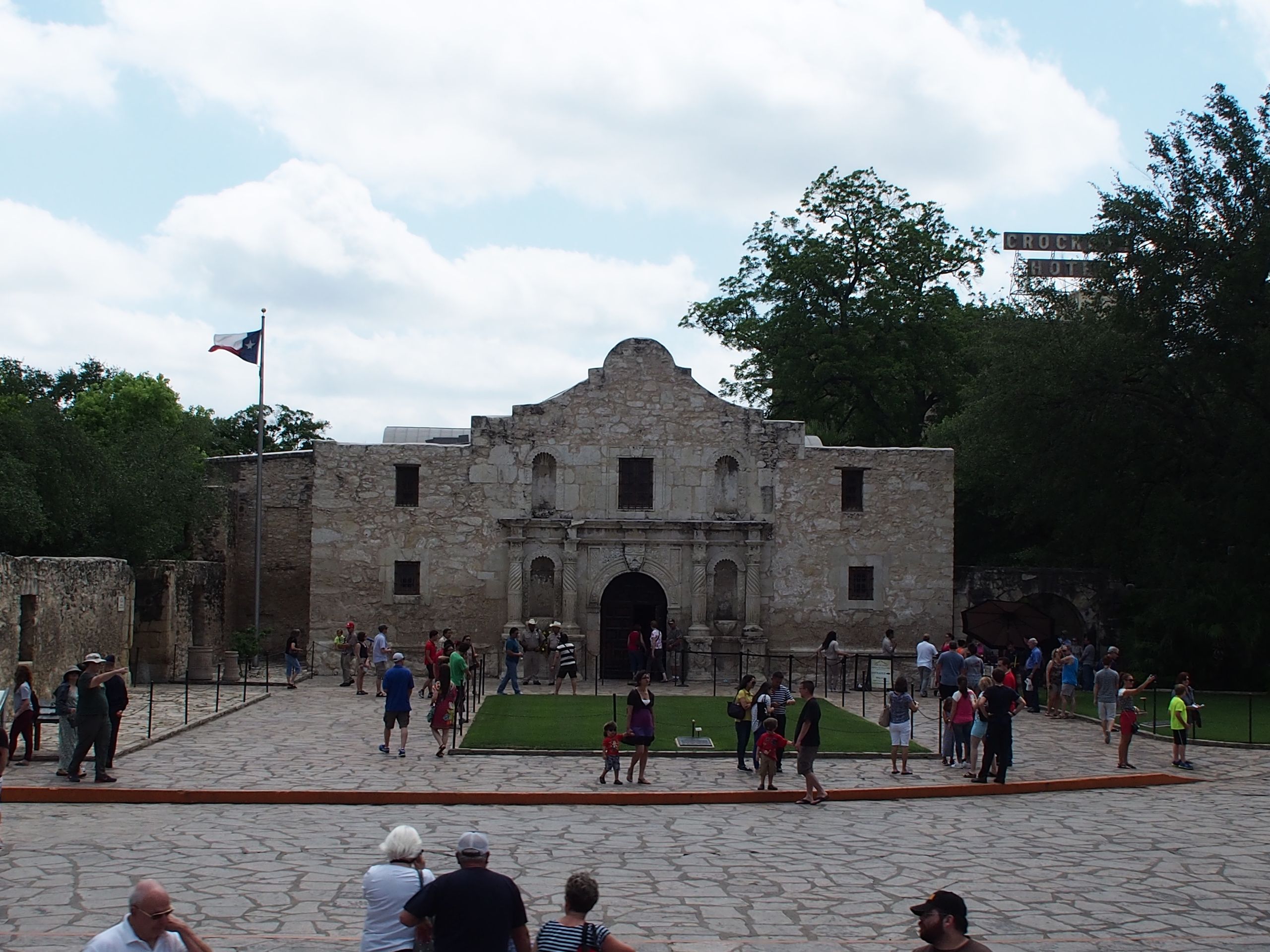
The whole fort was destroyed back then, and except for this front and a single room, nothing is original anymore, apart from the things in the display cases. In this single room, 15 women and children sought refuge when the Mexican attack occurred. The square in front of the present-day Alamo and several of the adjacent streets was the floor space of the mission at that time.

The story of the Alamo is described on Wikipedia as follows:
"After the end of the Mexican War of Independence in 1821, independent Mexico underwent several changes of power and restructuring. In 1833, Santa Anna became president and subsequently ruled dictatorially, advocating for a centralized state. With Santa Anna's assumption of power, conditions for the US-American immigrants in Texas deteriorated, and immigration became more restricted. When the Texan War of Independence finally broke out, the Texans defeated several Mexican armies and eventually in December 1835 expelled the troops of Martín Perfecto de Cos, Santa Anna's brother-in-law, from San Antonio and the Alamo."
To push the Texans back, Santa Anna gathered an army of up to 7,000 men around him. In Alamo, James C. Neill took command of the garrison. Since he only had about 80 men available, he asked the provisional government for additional troops; he received a total of just under 30 men under the command of James Bowie, whose task was to transport the weapons and destroy the fortress. But since there were no draught animals available for transport, Bowie instead reinforced the Alamo and on February 2nd received another 30 men with William Travis. Neil left the Alamo, and in his place, Davy Crockett and other volunteers joined the garrison. Travis and Bowie shared command, with Bowie commanding the volunteers.
On February 23, 1836, Santa Anna's troops appeared at the Alamo. They besieged Alamo for thirteen days, but several messengers and reinforcement troops were able to overcome the siege, including a plea for help from Travis on the second day. The last support troops from Gonzales reached Alamo on March 2nd. On March 6th, around 1,800 Mexicans began to storm the fortress of Alamo, which succeeded only on the third attempt and - given the relatively cramped terrain on which the battle took place, as well as the concentrated fire from the cannons and firearms of the defenders - with great losses. Most of the defenders lost their lives in the battle for Alamo, and the surviving Texan soldiers (including Davy Crockett) were subsequently killed. Even some of the civilians, including an Afro-American slave and three boys between the ages of eight and twelve who had sought refuge in Alamo's deceptive security, died during the Mexican assault. The Battle of Alamo became a symbol of the war of independence and mobilized the Texans. Today, the battle is seen as a fight for freedom..."
Everyone who survived this massacre - and there were only 15 people - as well as relatives of the fallen were subsequently given 1,200 acres of land as a reward (about 4.8 hectares).
I am sitting outside in the plant-rich garden of the Alamo in the shade under a tree and reading the story again in a brochure. It's incredible that back then, for 13 days, only 80 people could confront an army of thousands of soldiers.
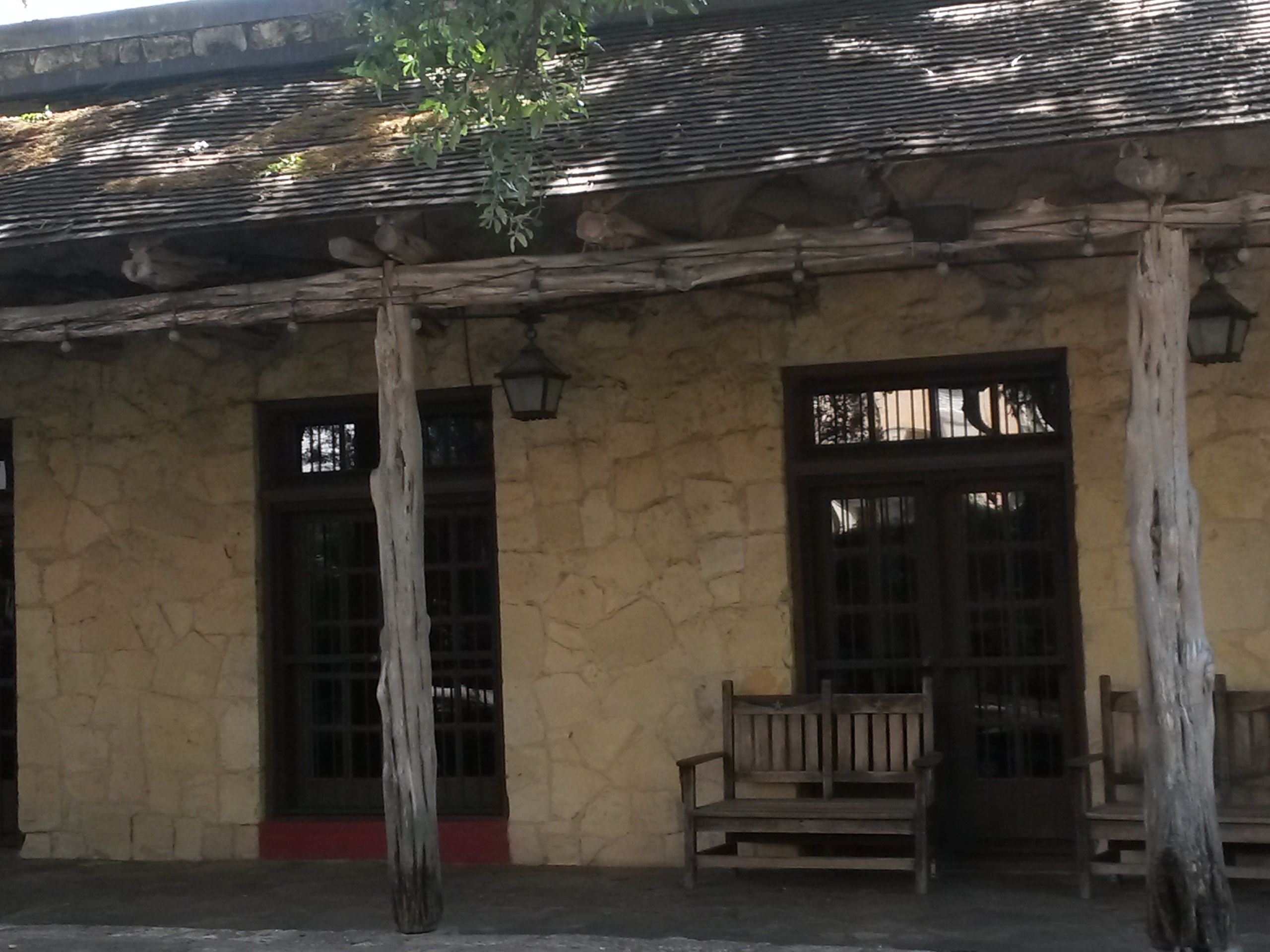


We meet up and walk to Landry's Seafood Restaurant on the Riverwalk at 5:00 pm. A very nice restaurant on several levels with chairs outside by the river. Here too, we can redeem our "earned" vouchers from Wyndham, so we can enjoy the delicious food, attentive service, and a few cocktails upfront even more. There is also a chilled bottle of Beringer White Zinfandel for dinner, and I decide to order Mahi Mahi, which tastes absolutely amazing.
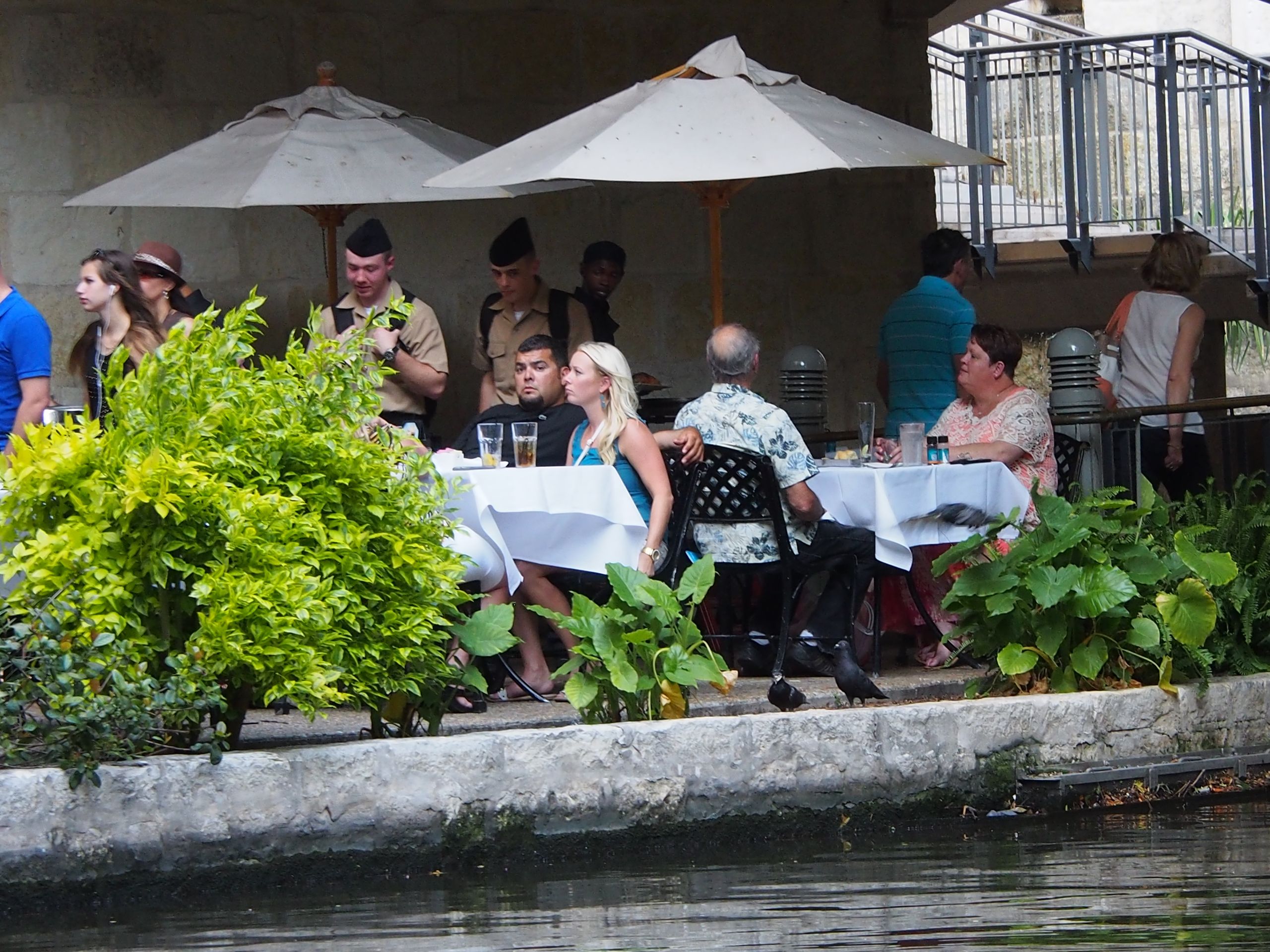
After dinner, we go to the departure point of the river cruises and take another tour now with evening lights. Not as spectacular as in Amsterdam, but nice.


It's 9:30 pm when we return to the hotel.
Válasz
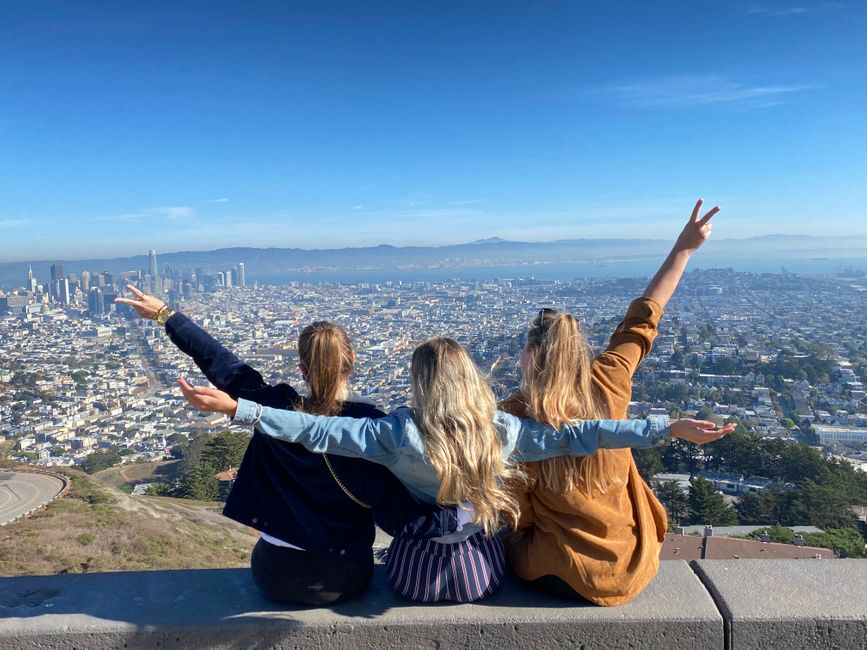
Egyesült Államok utazási jelentések
